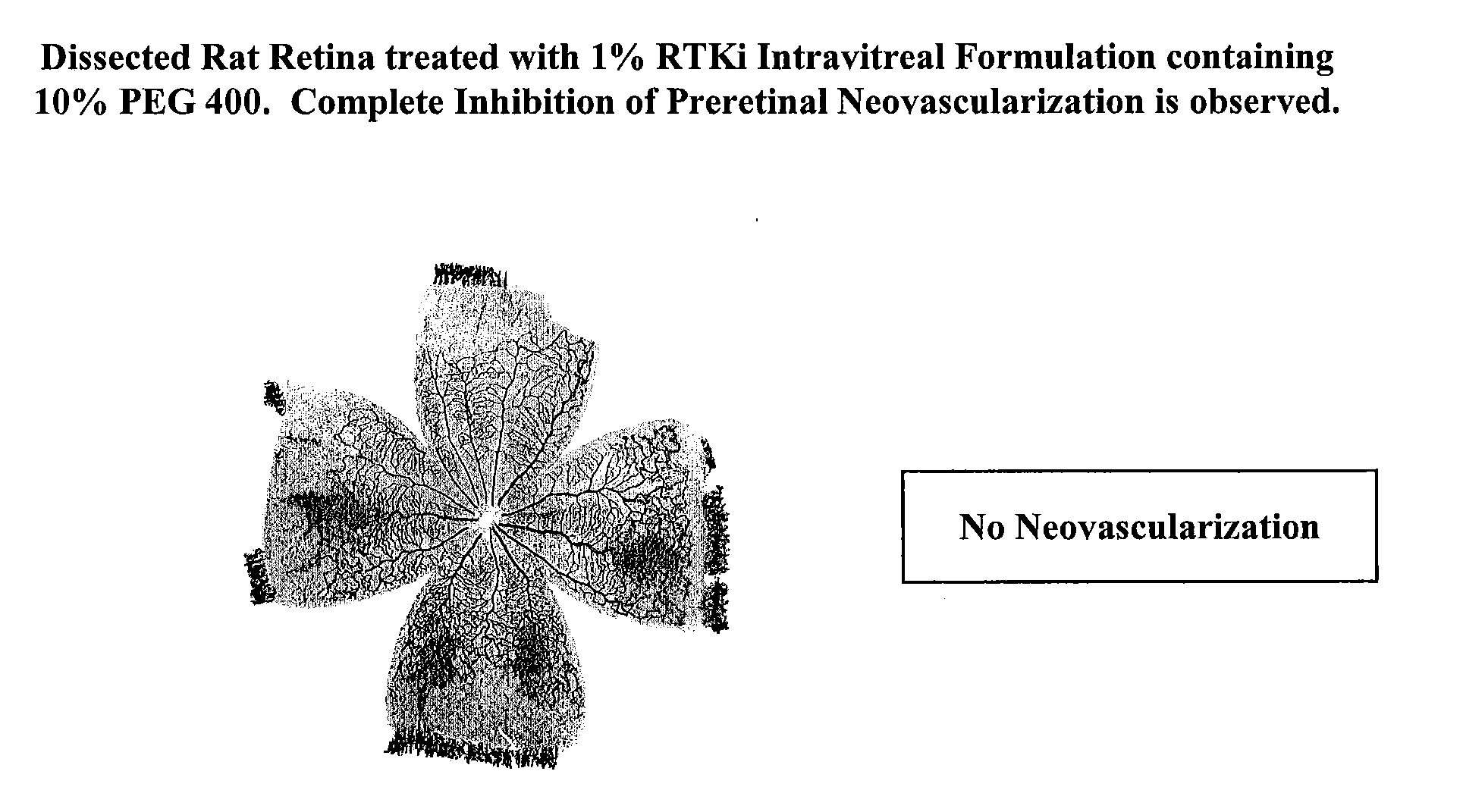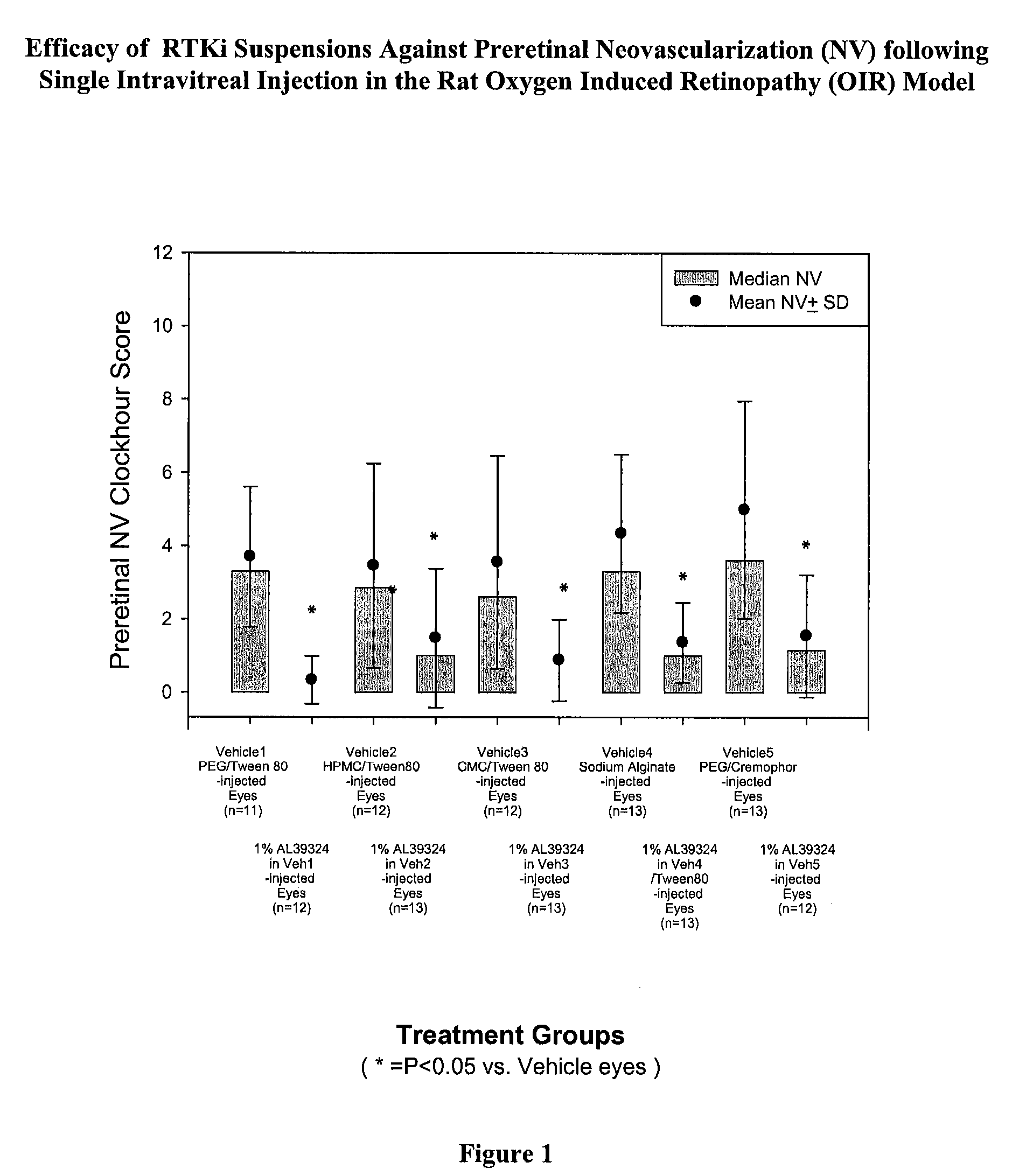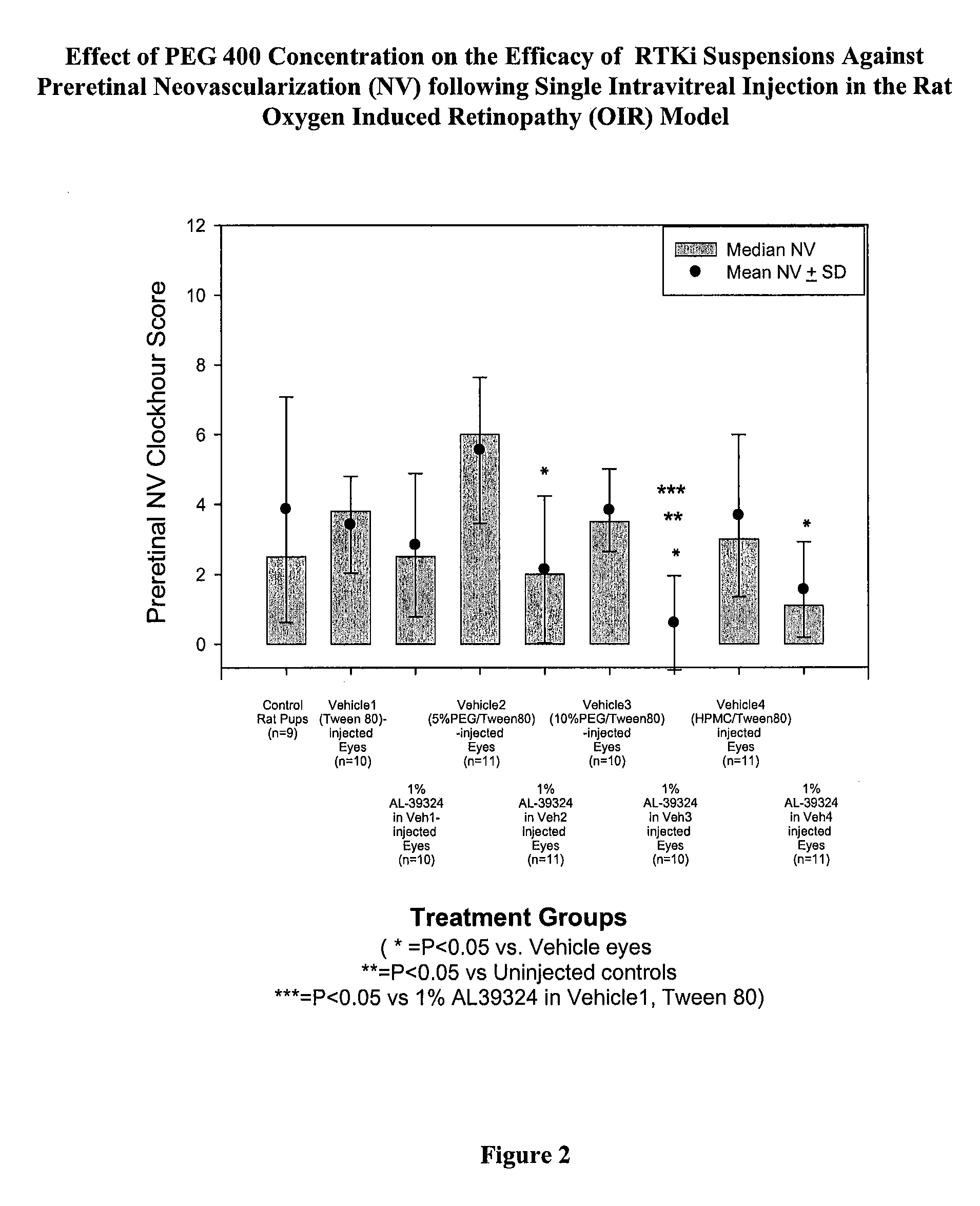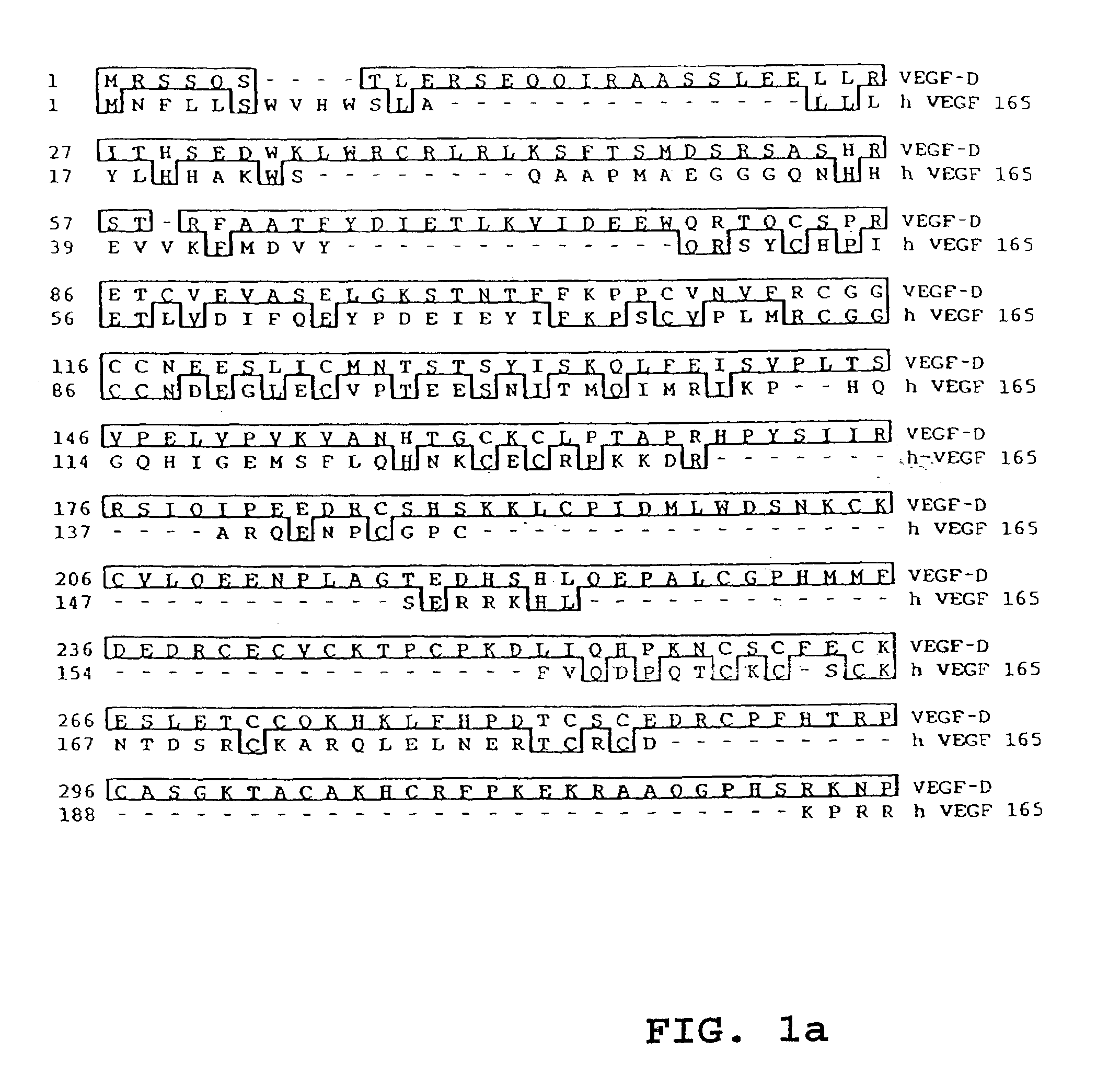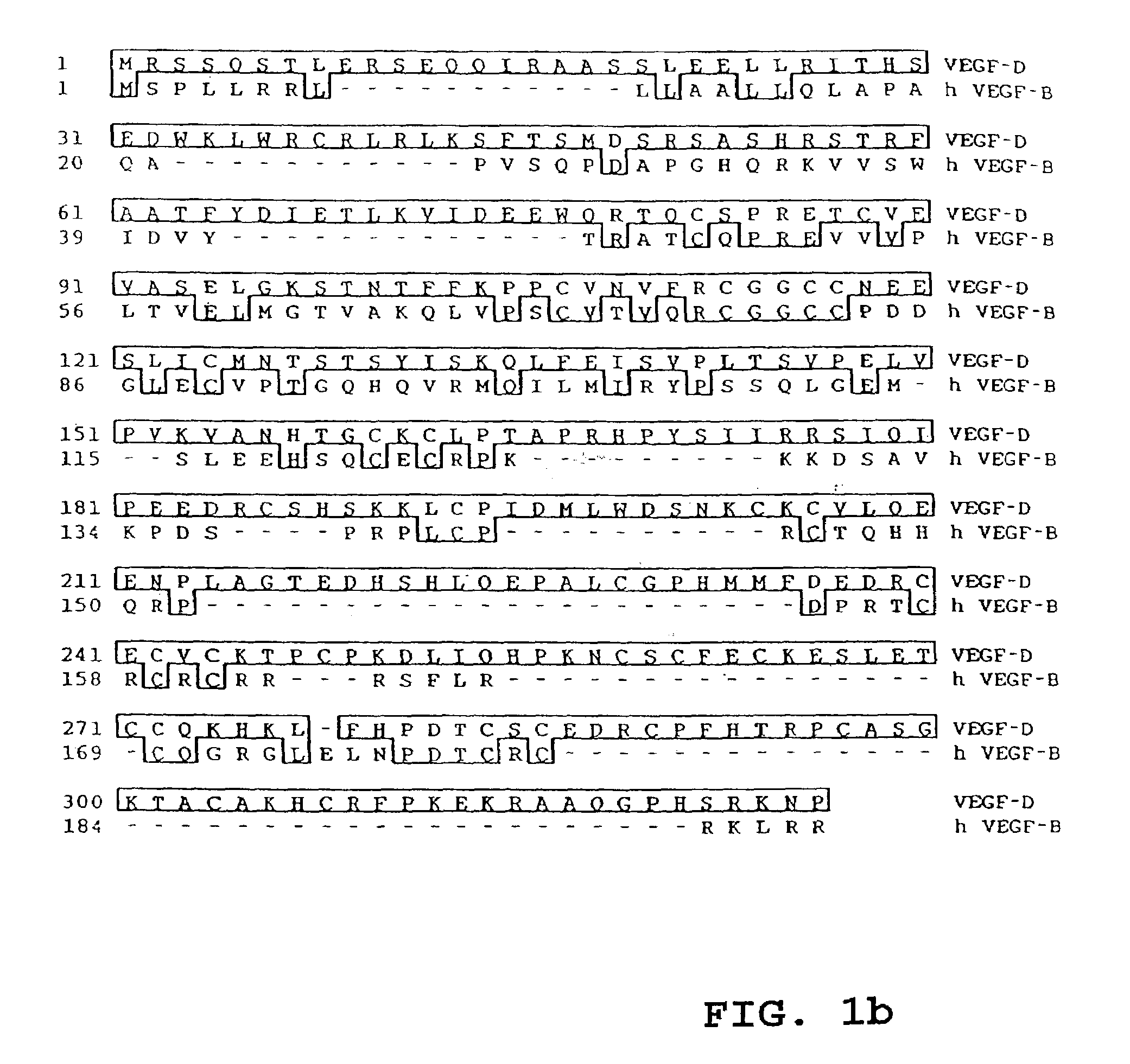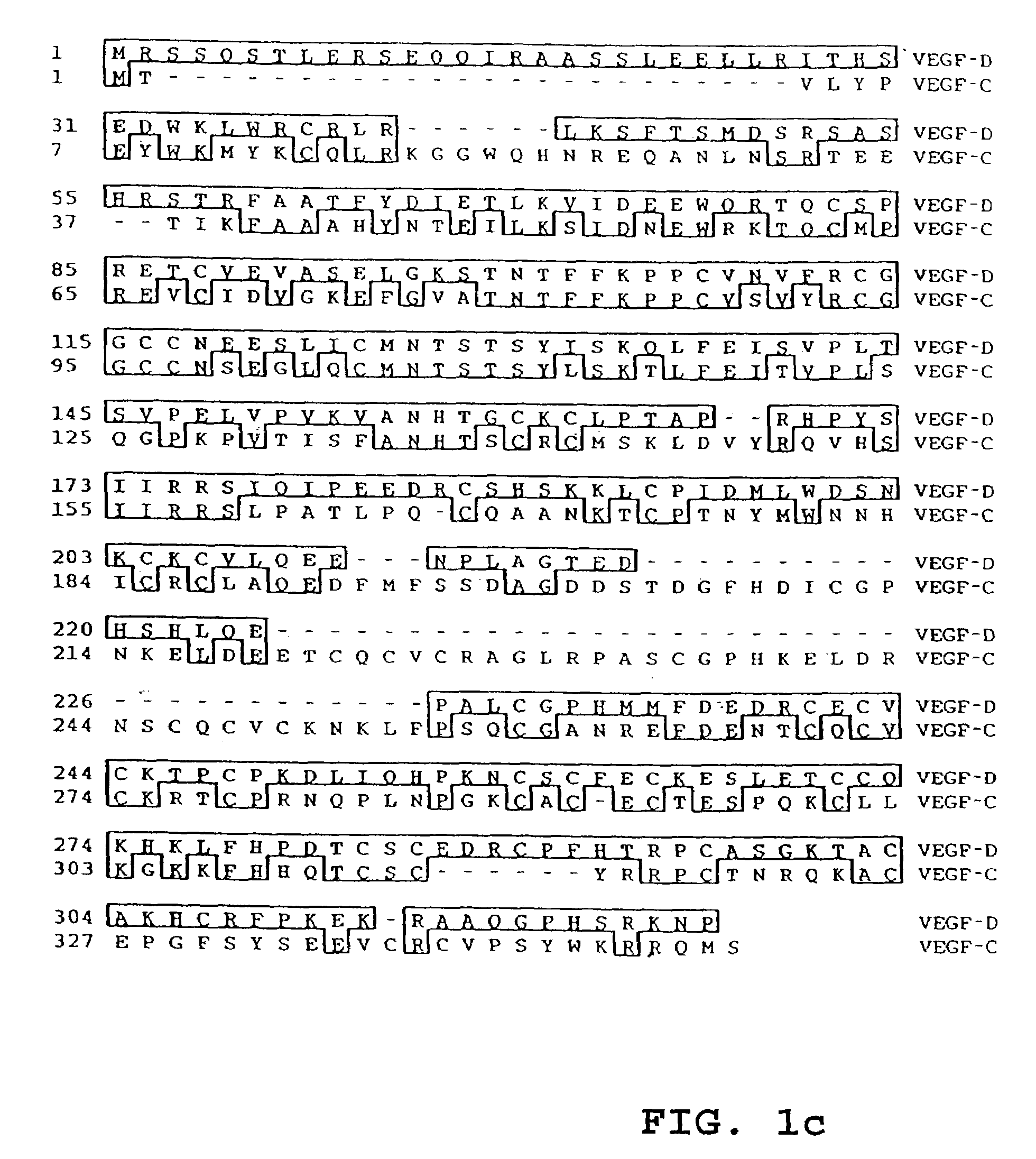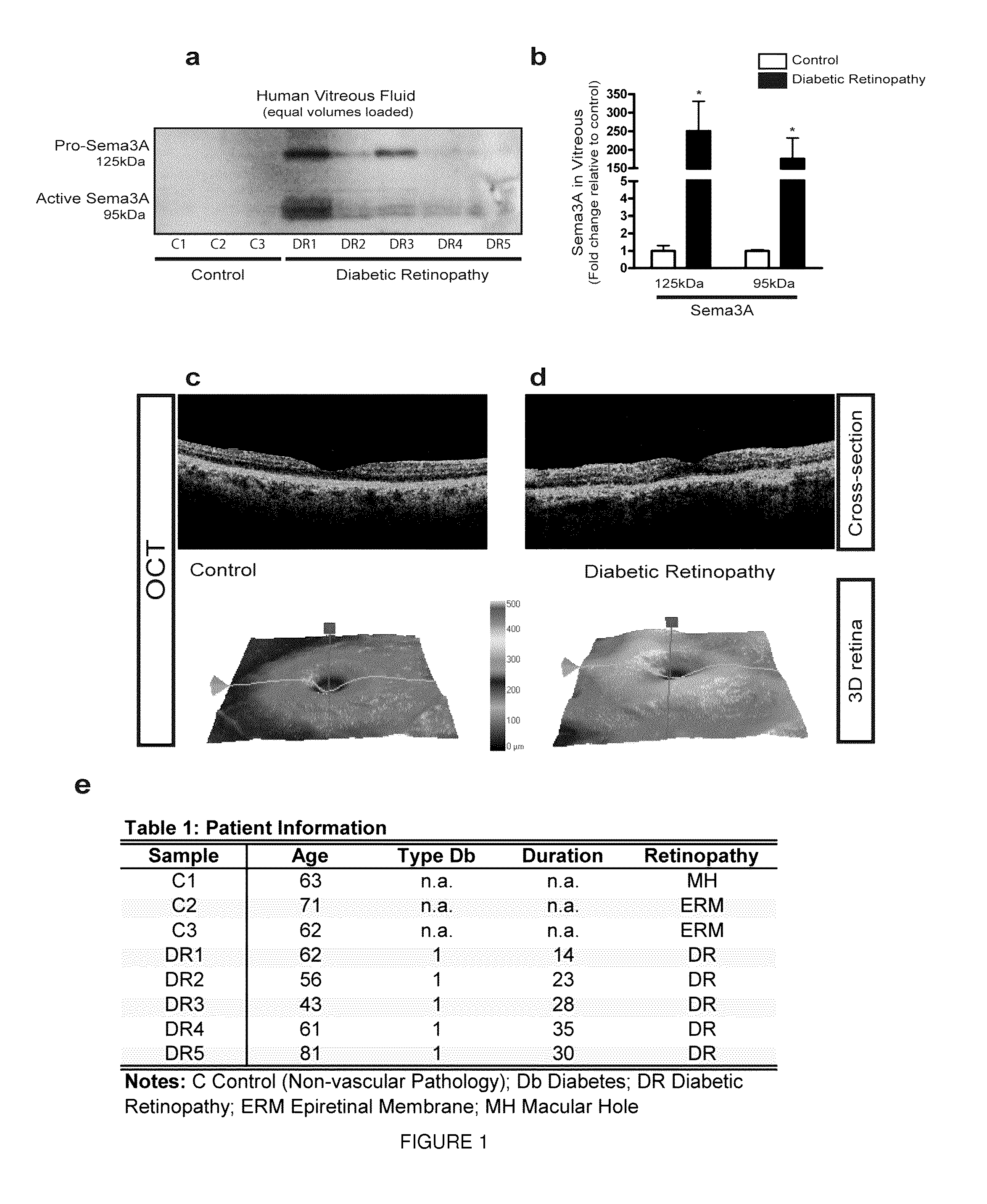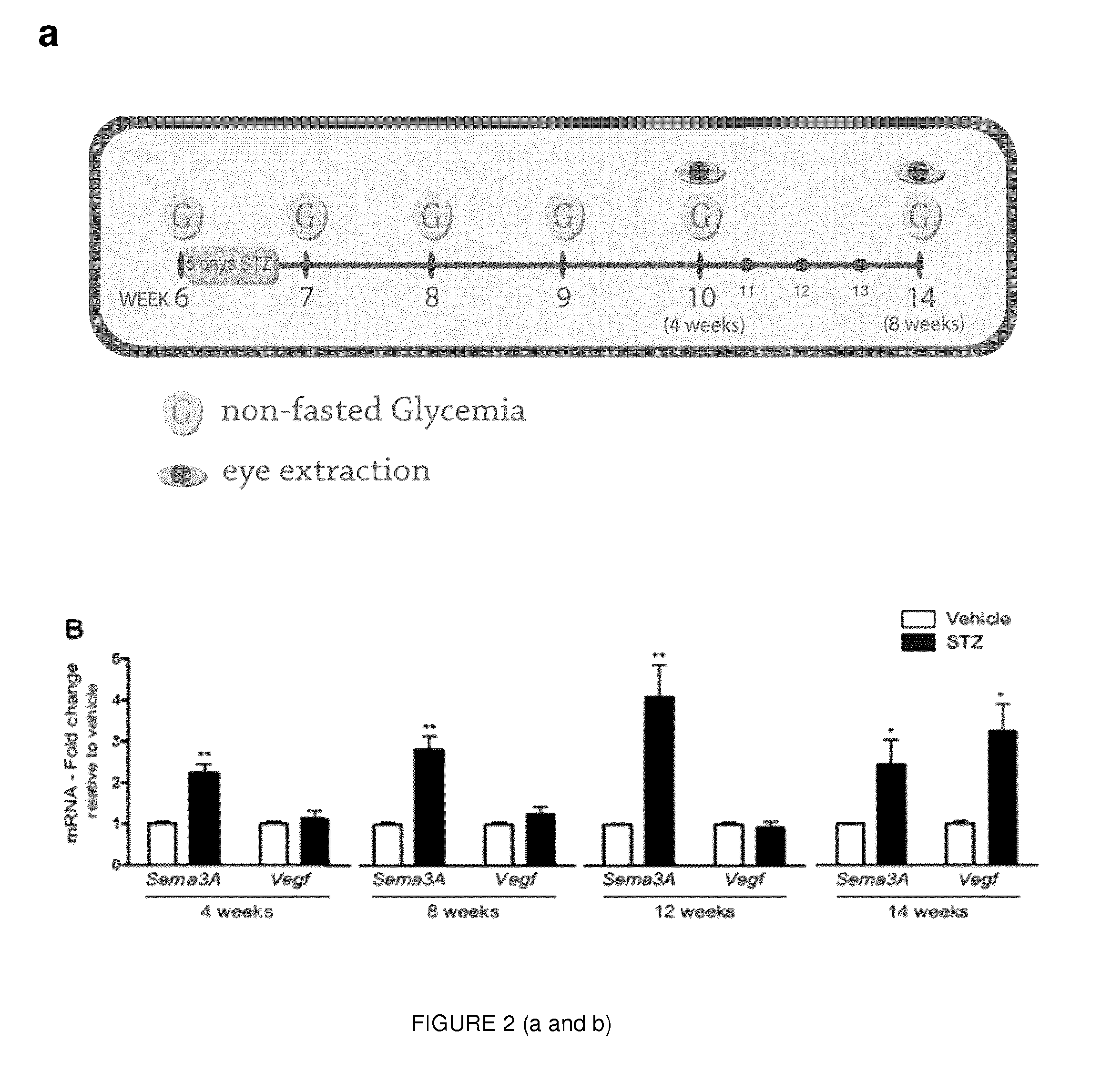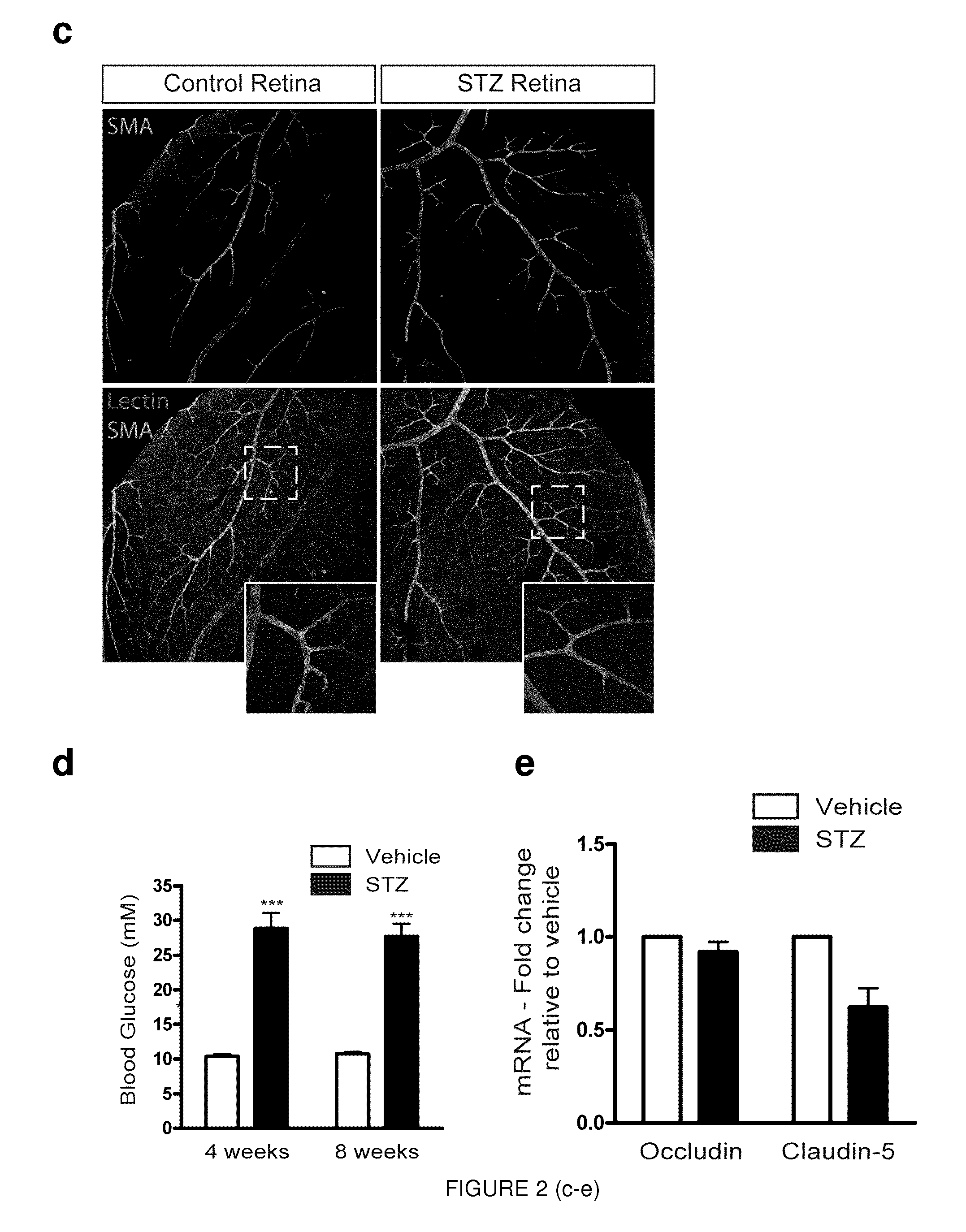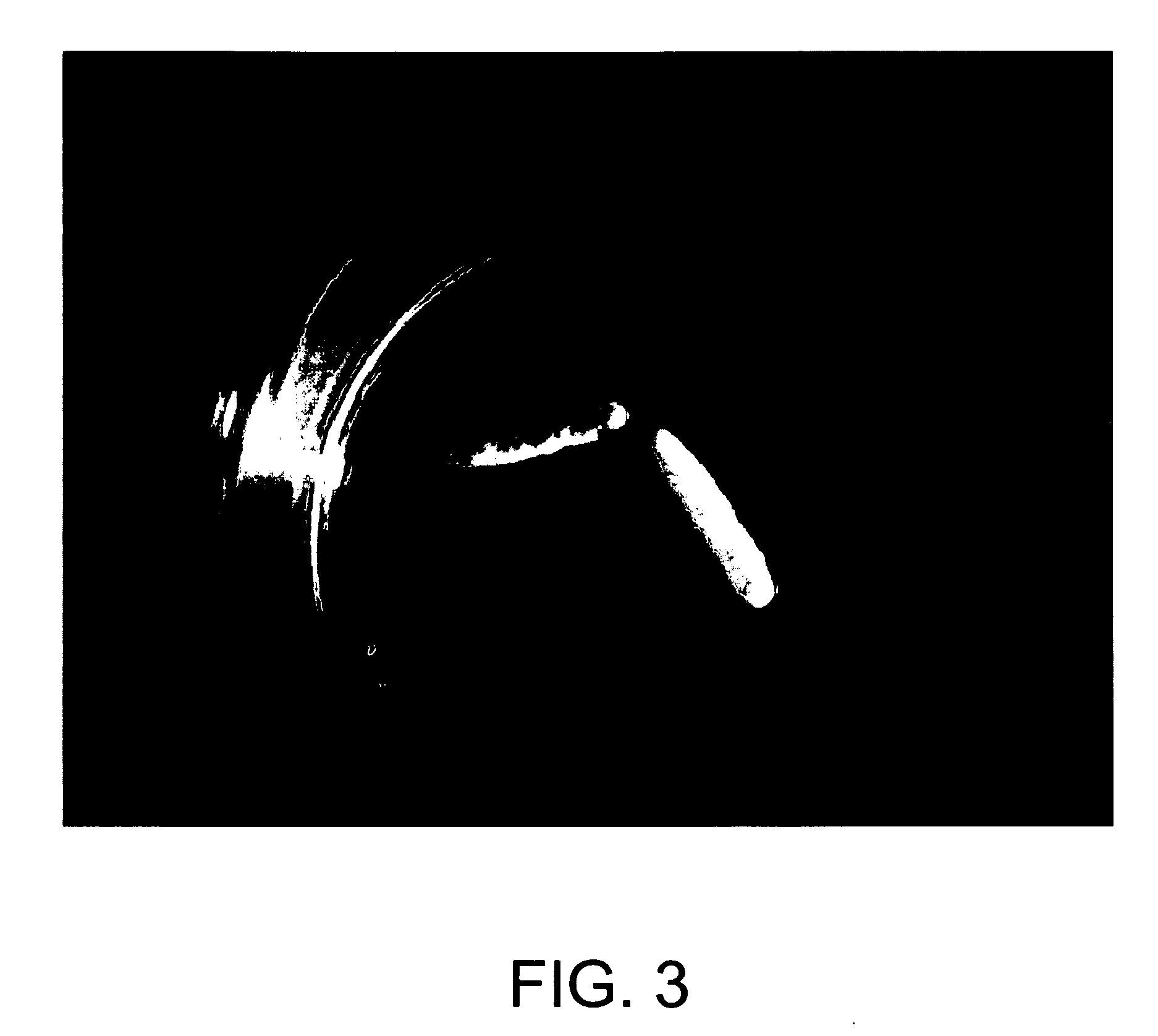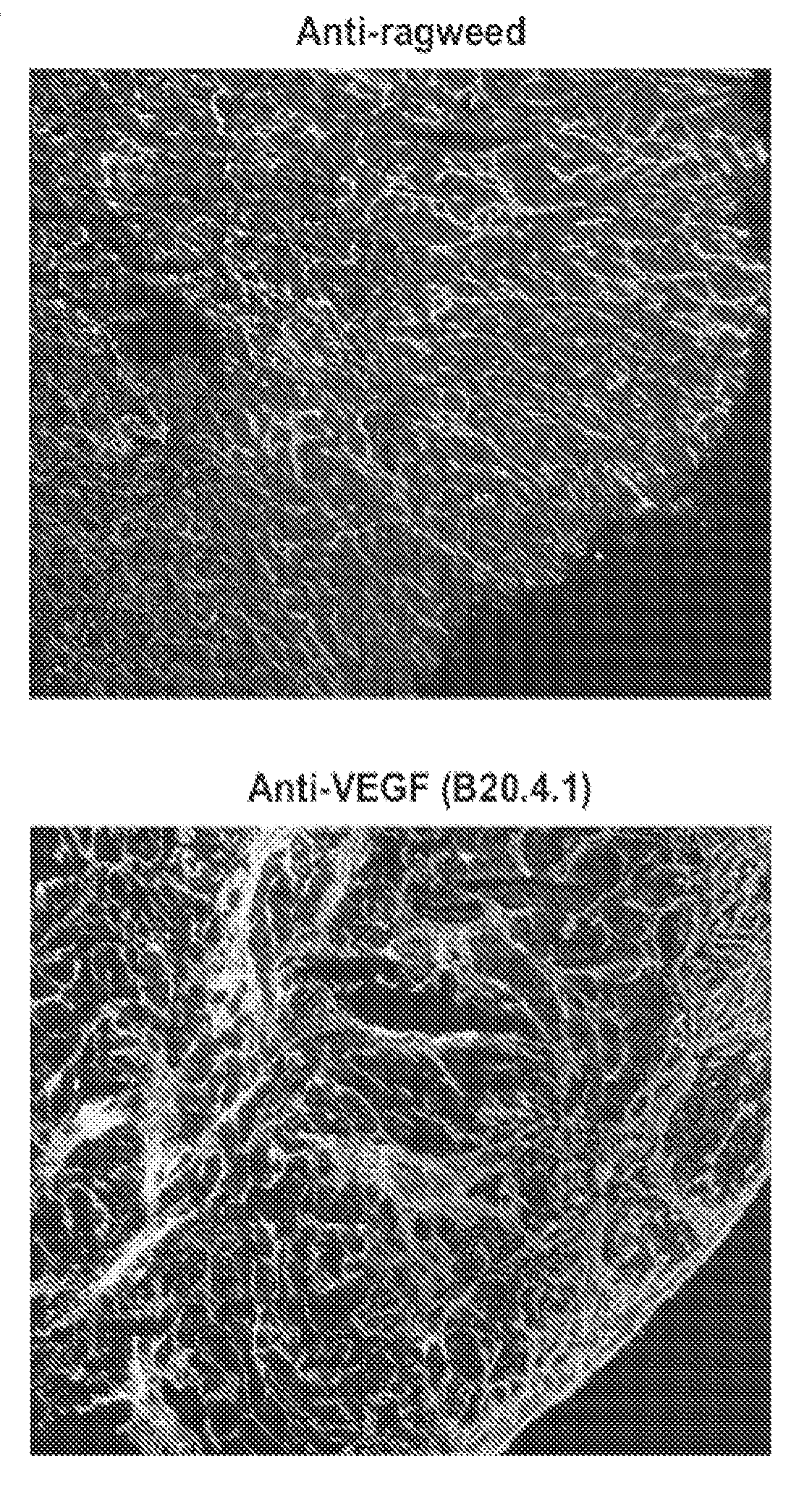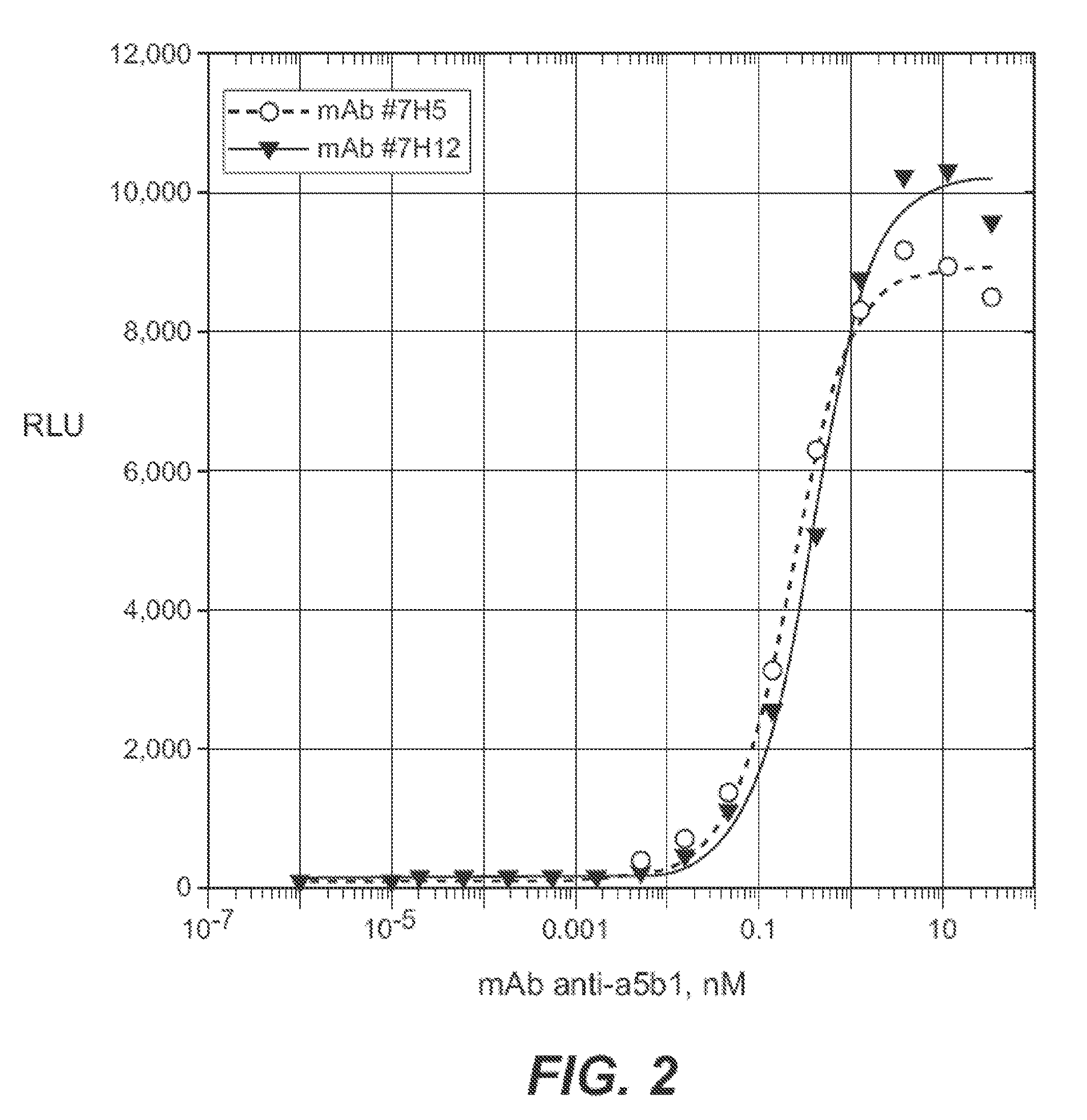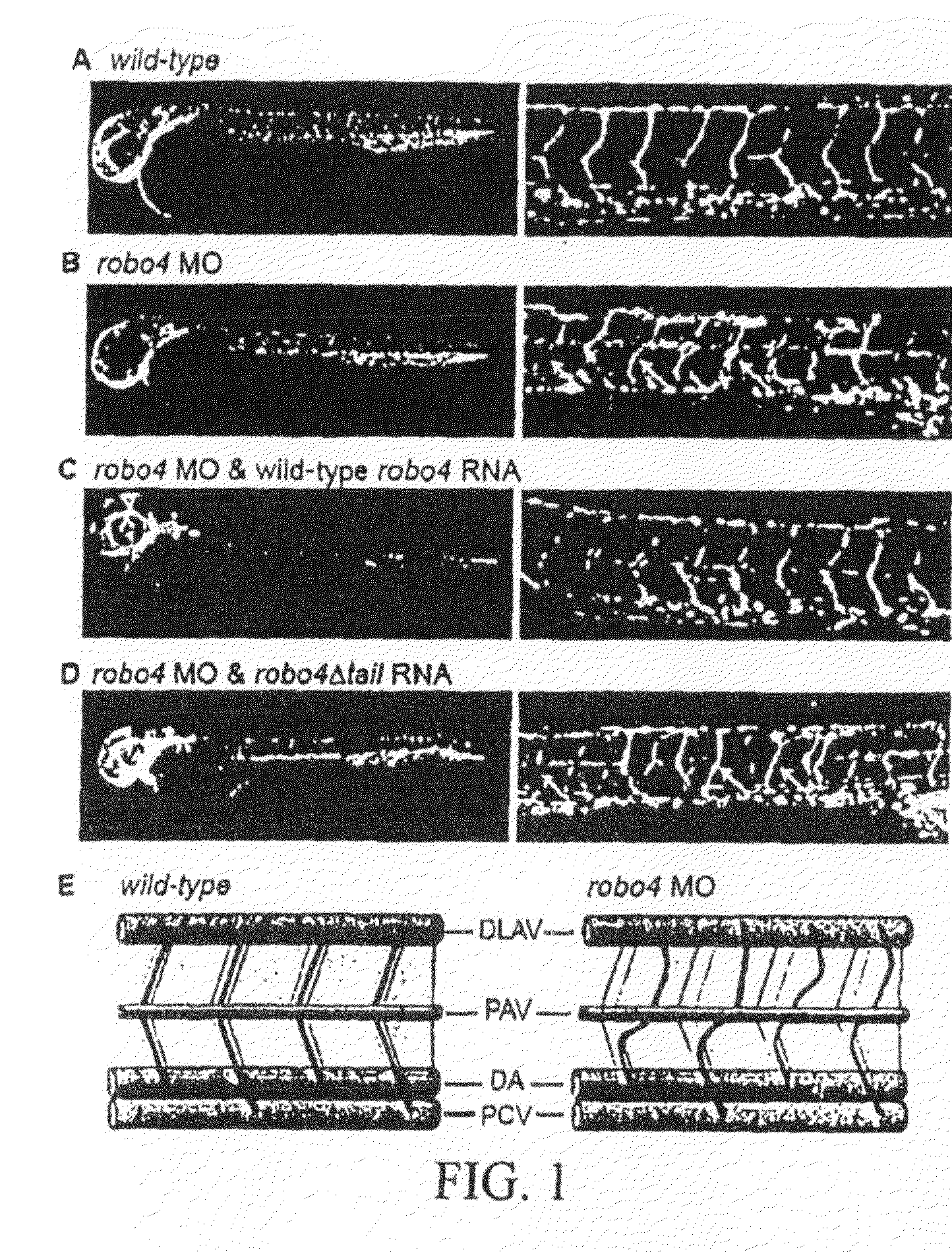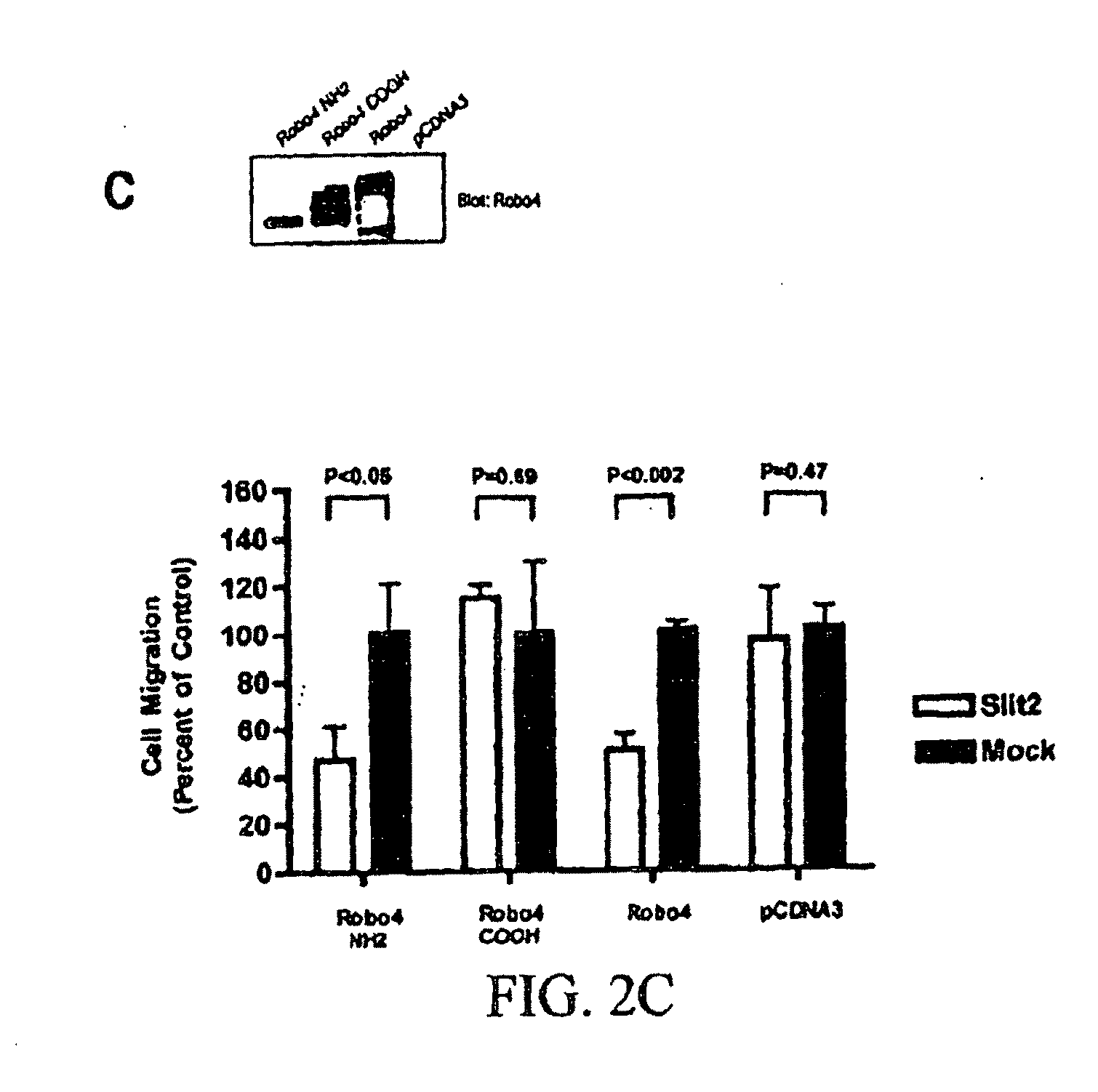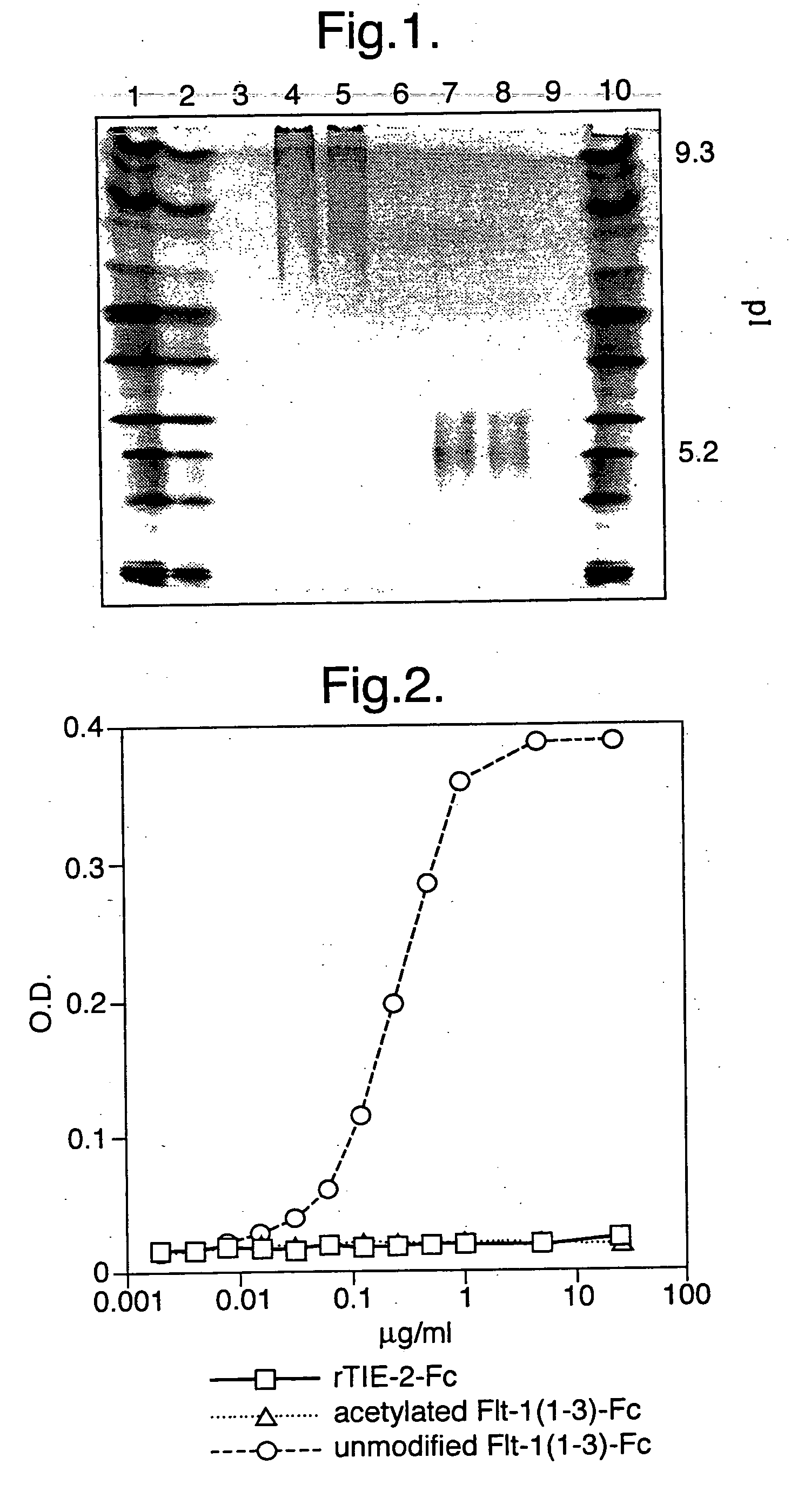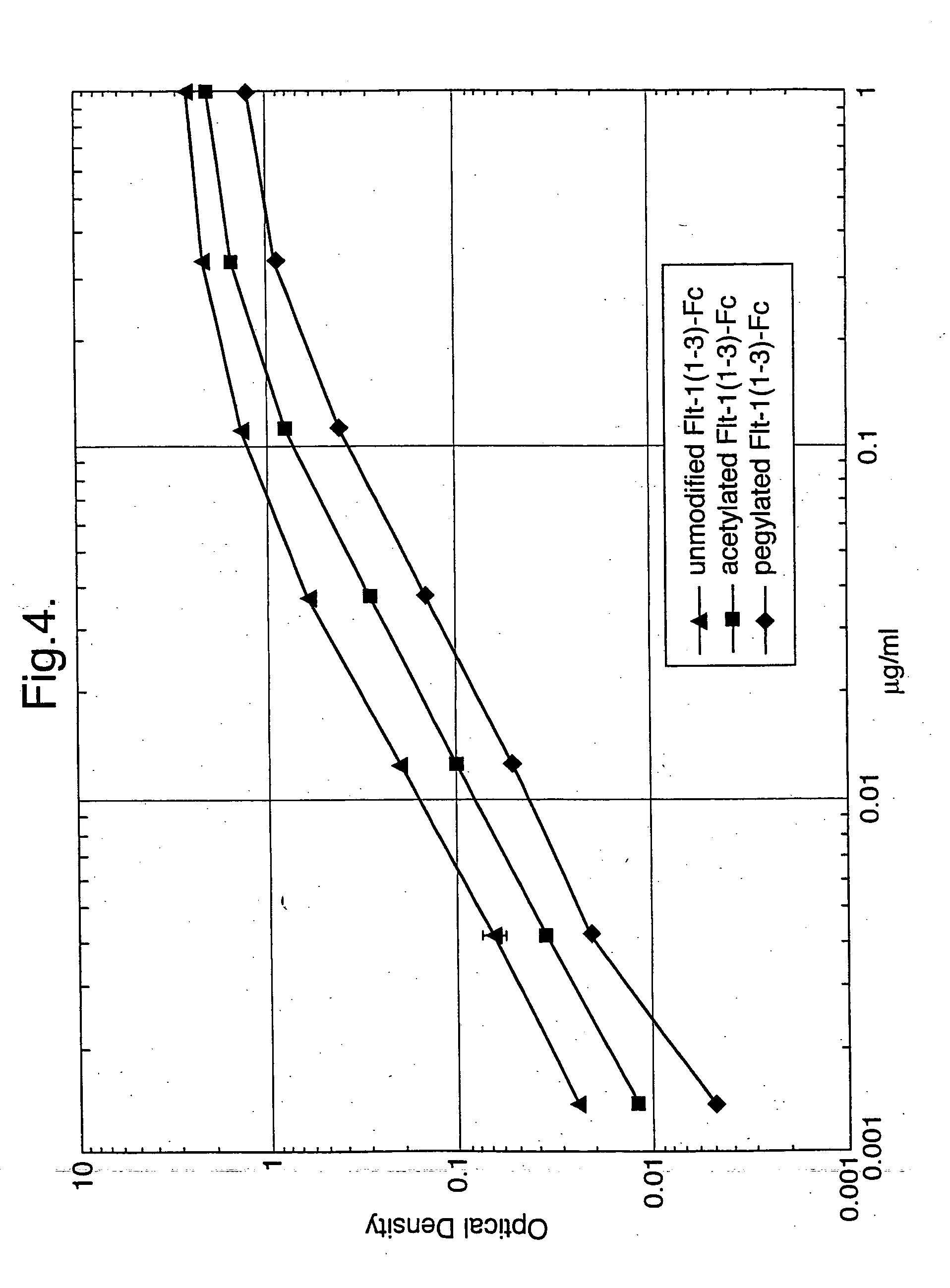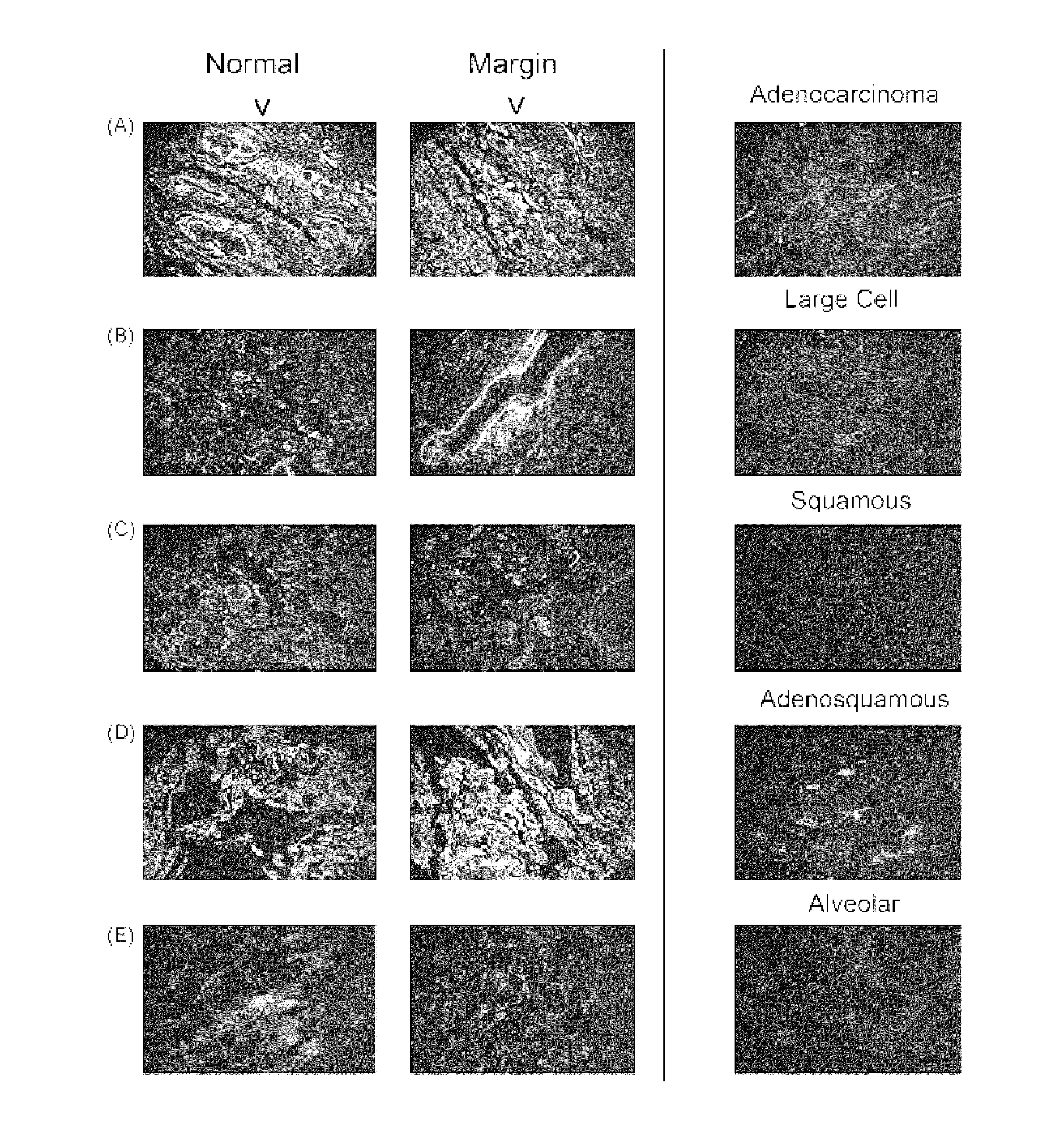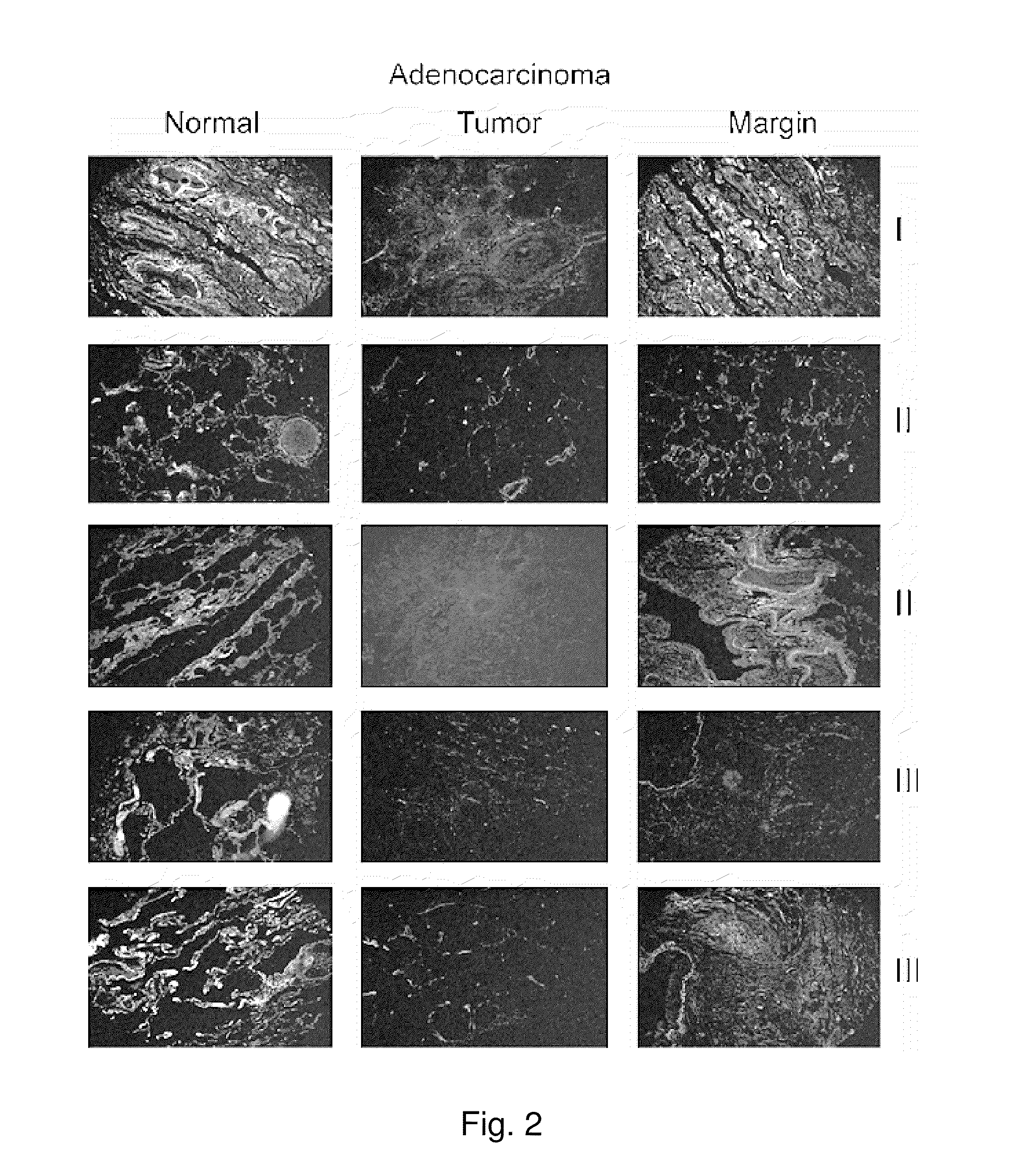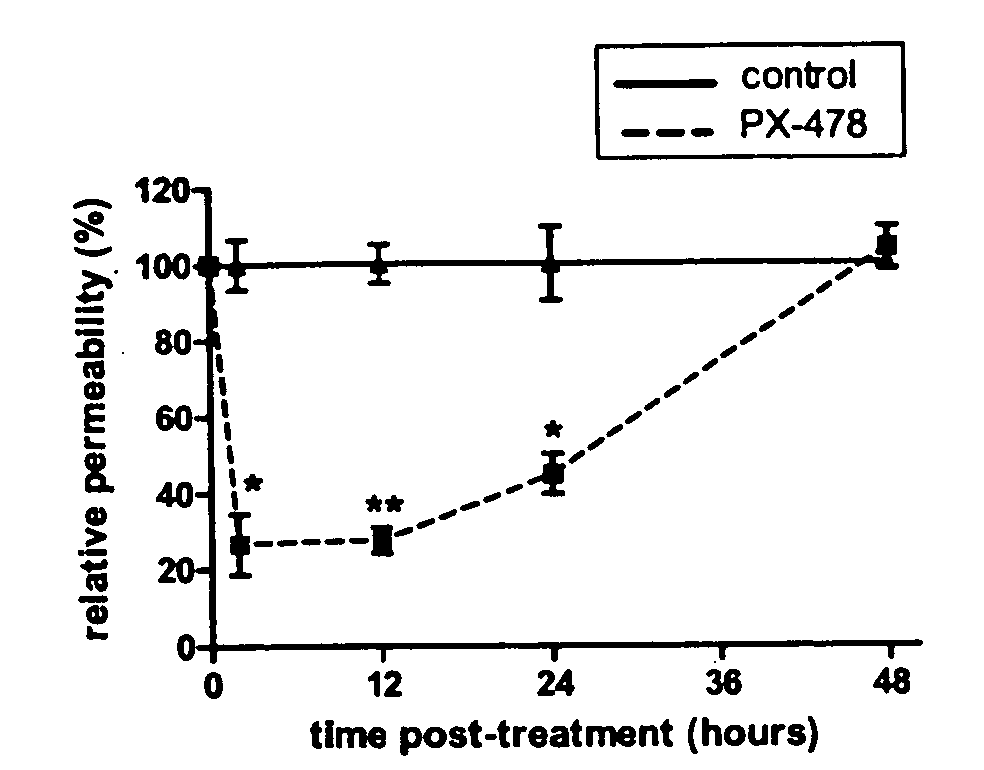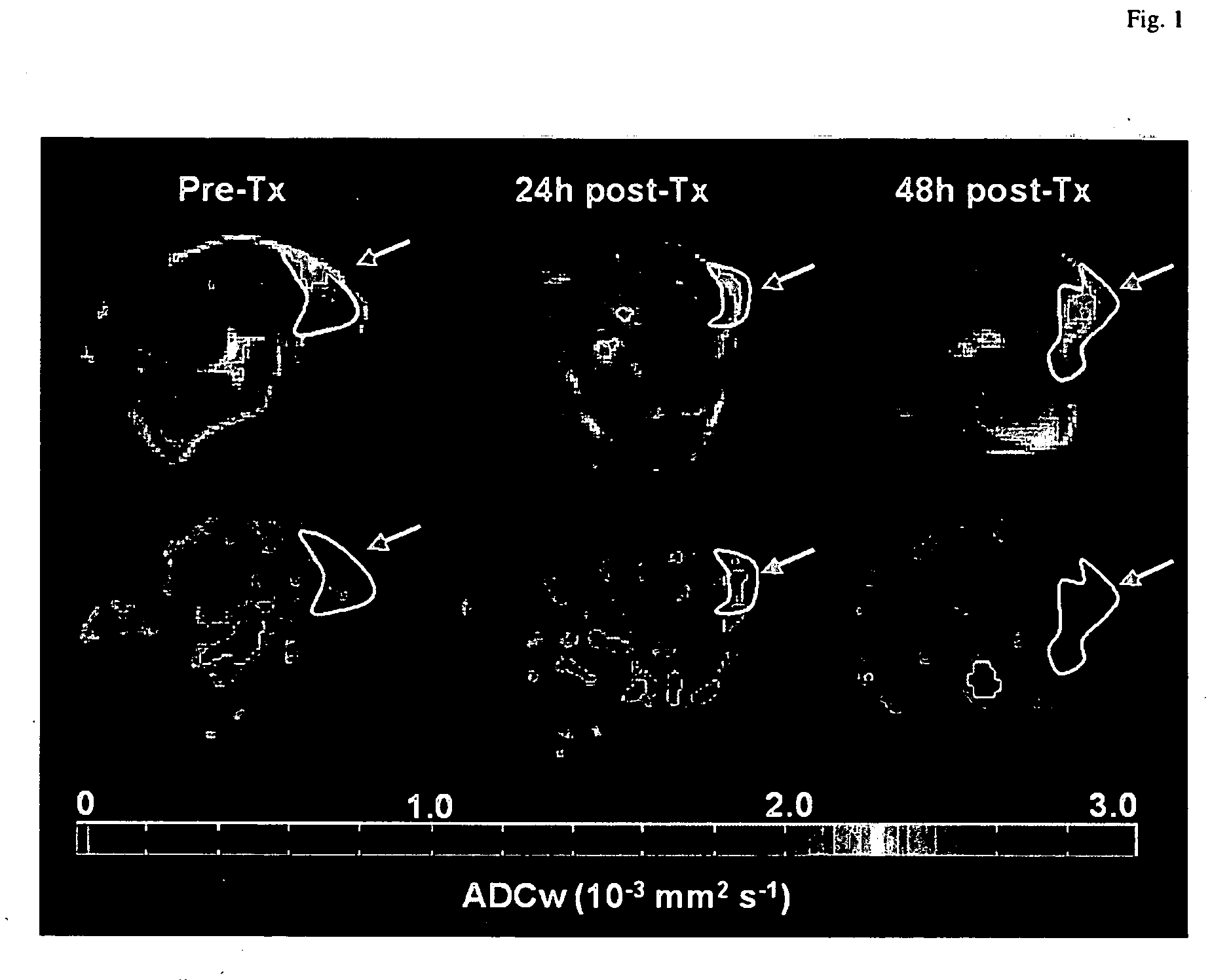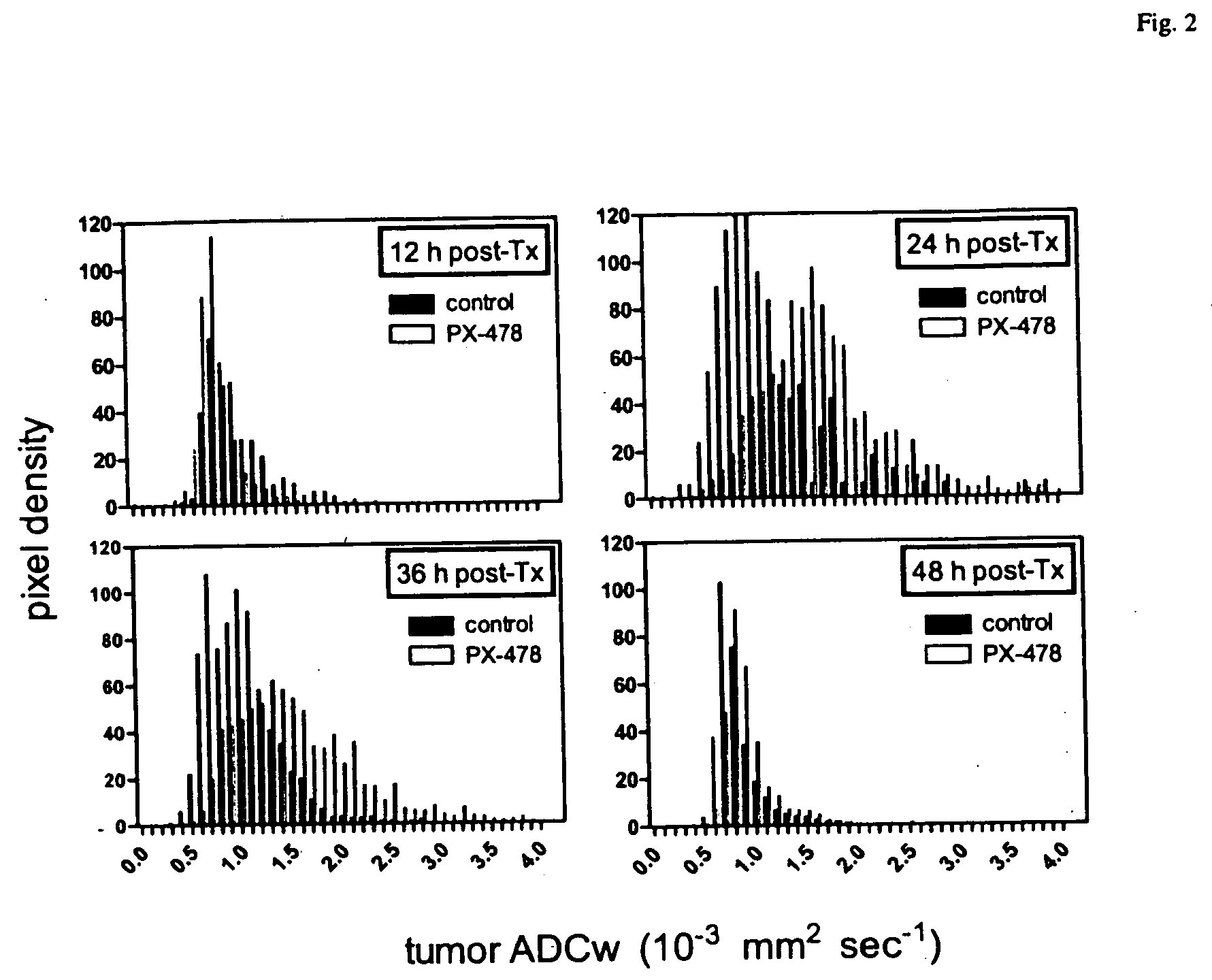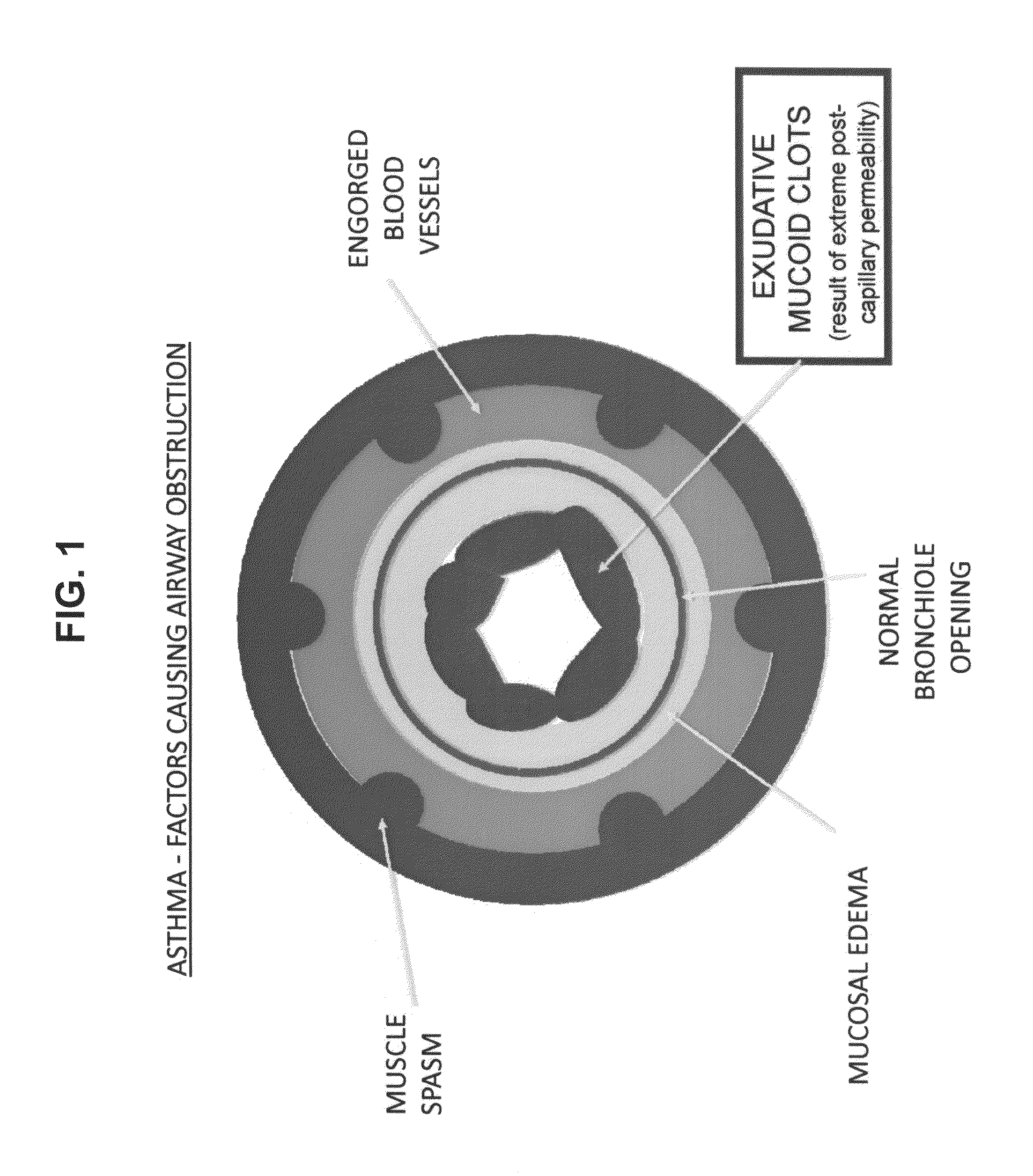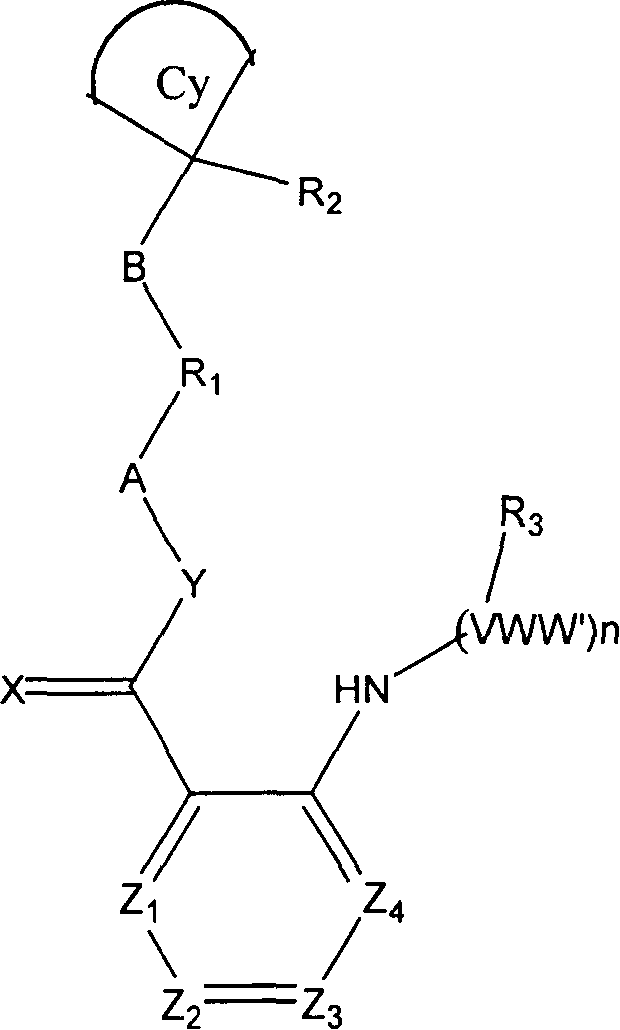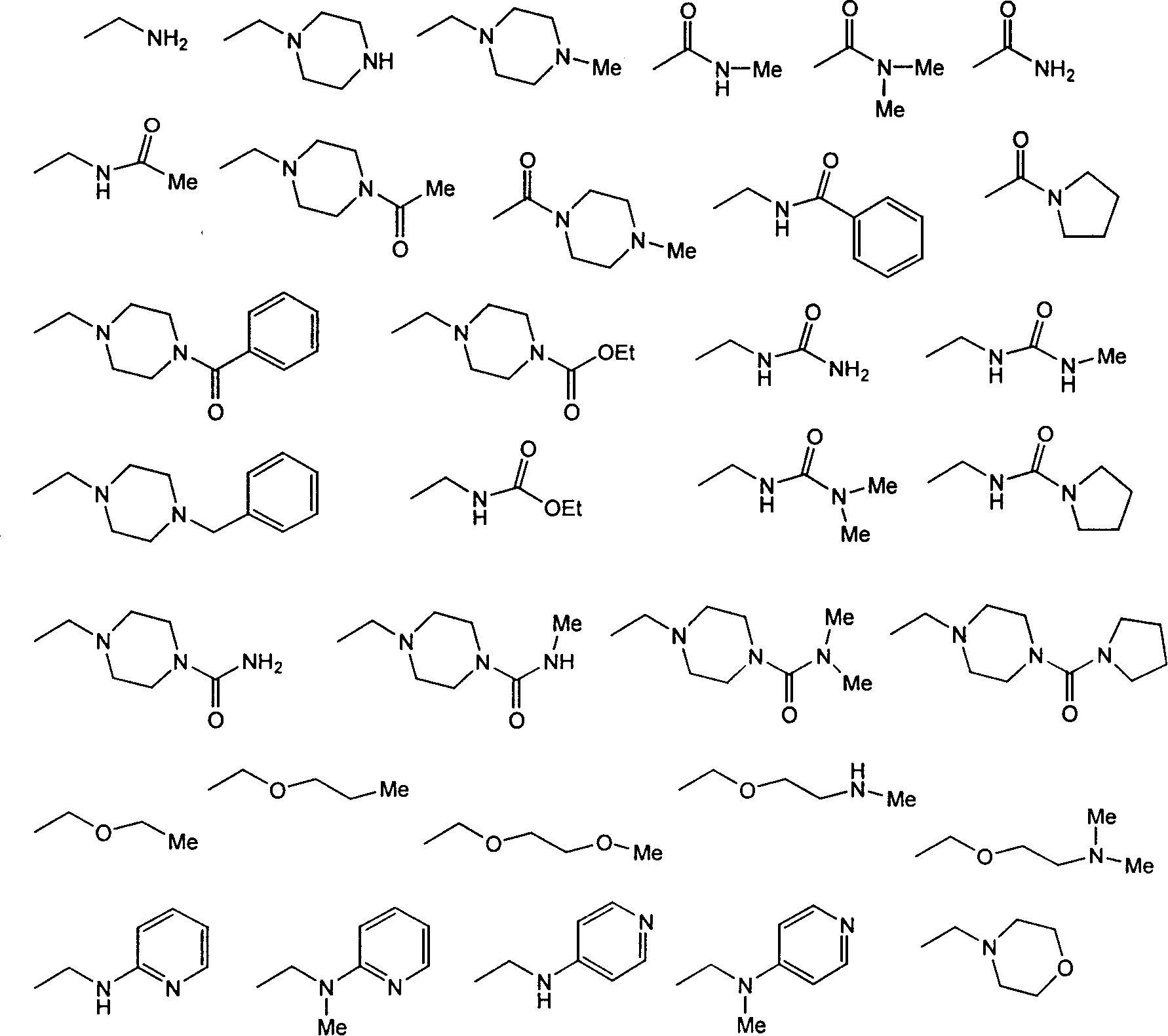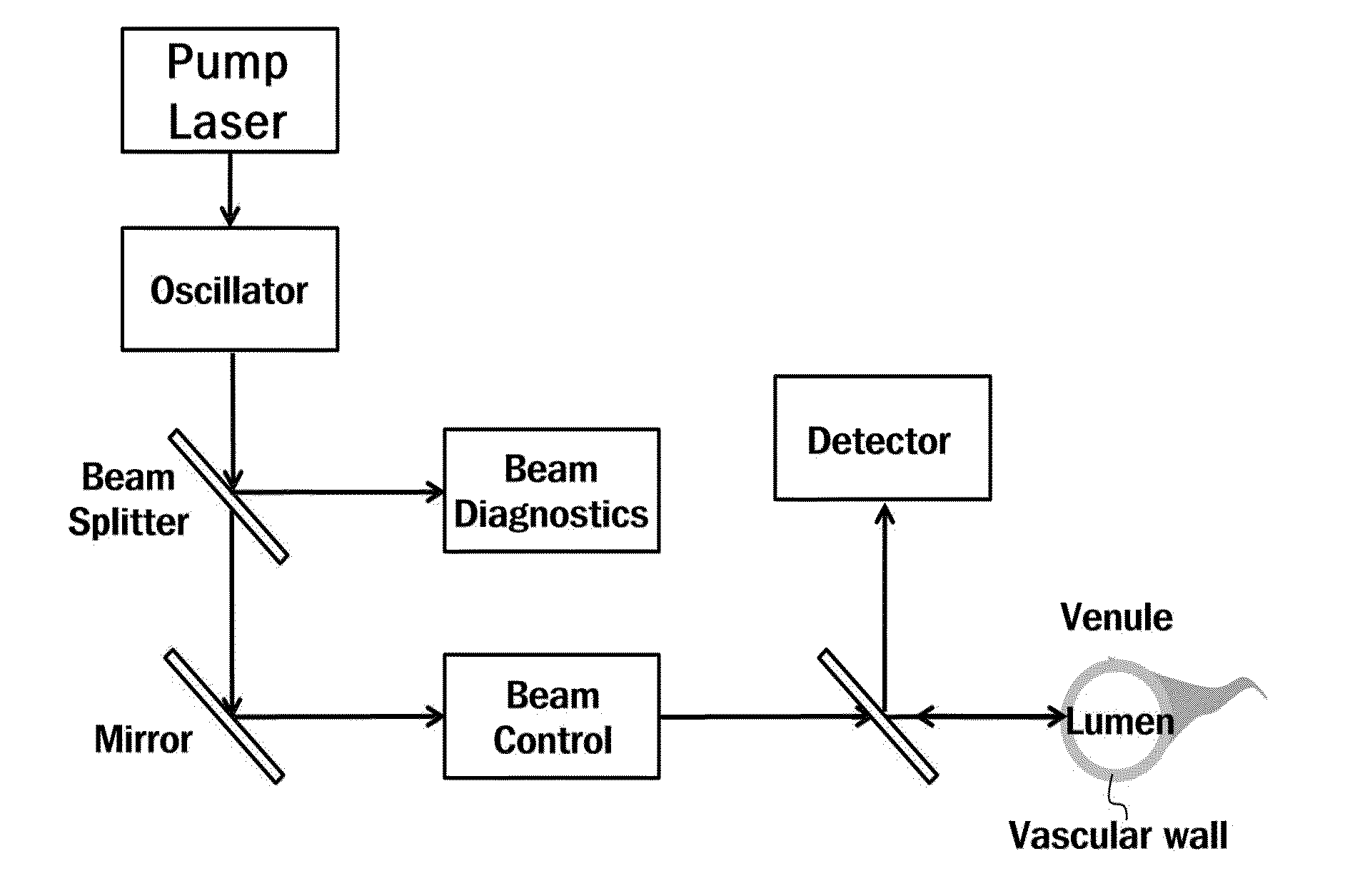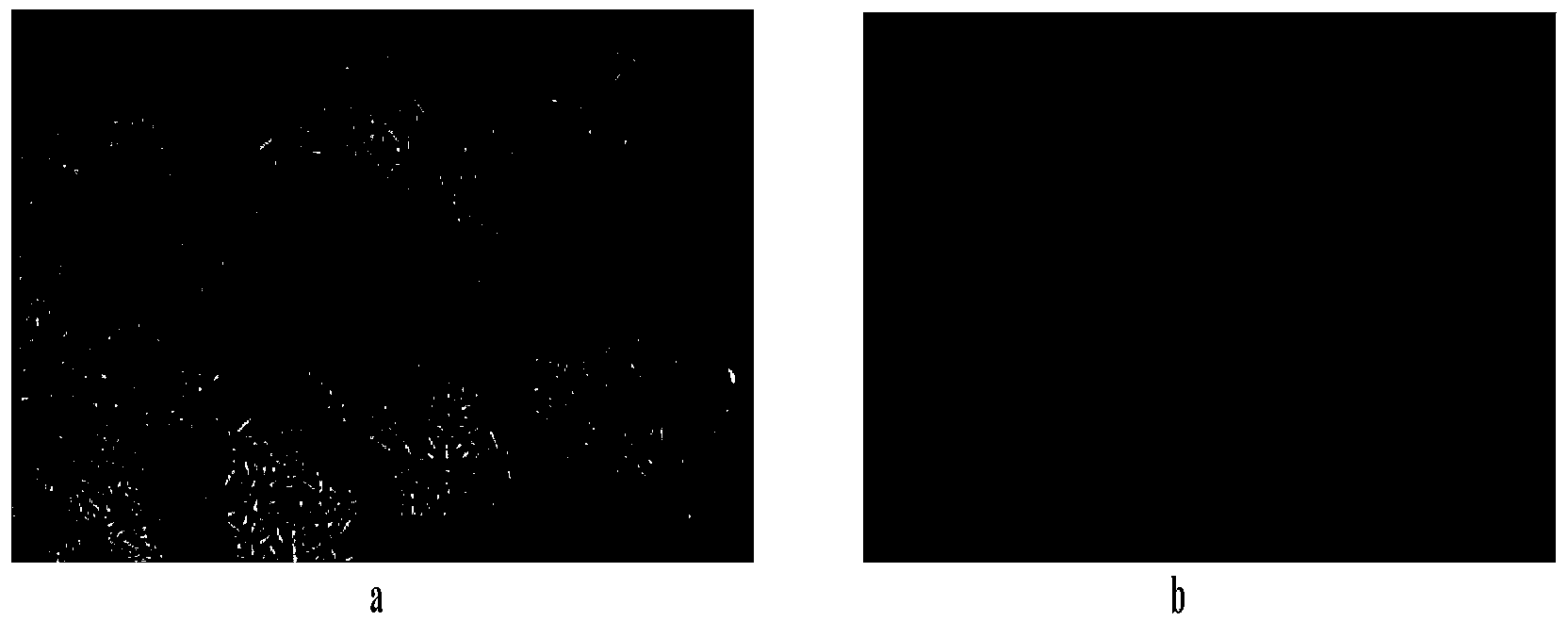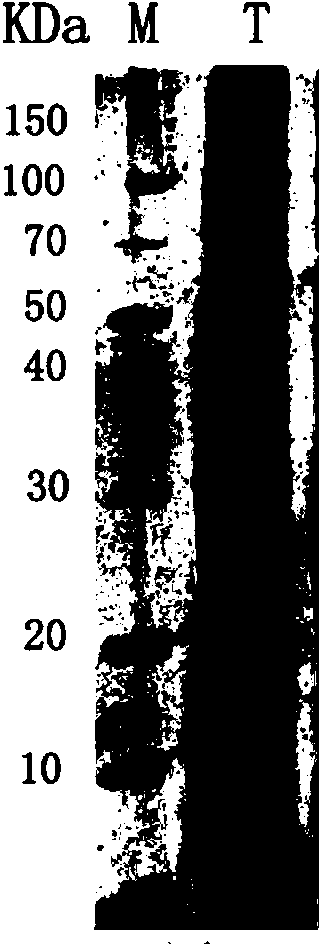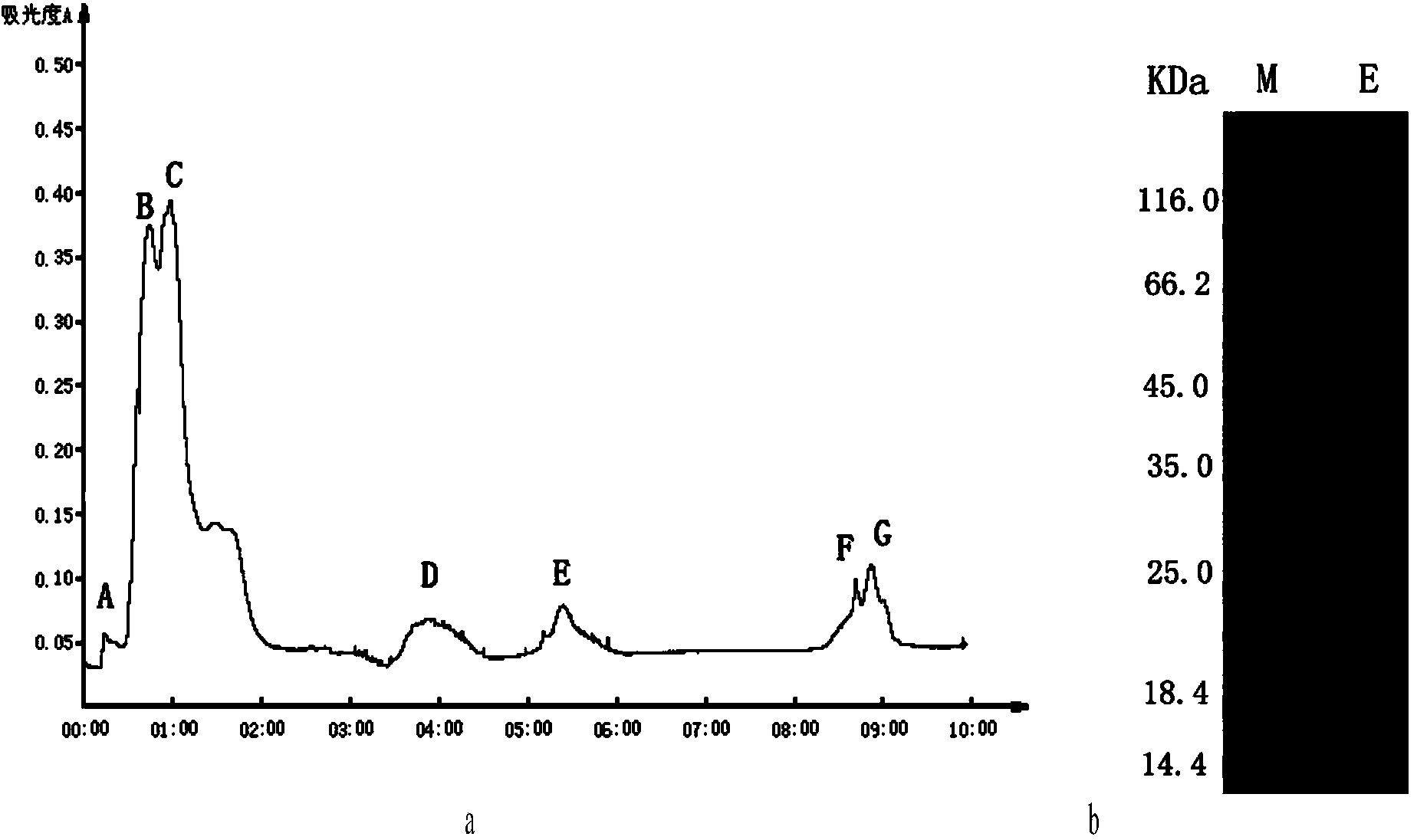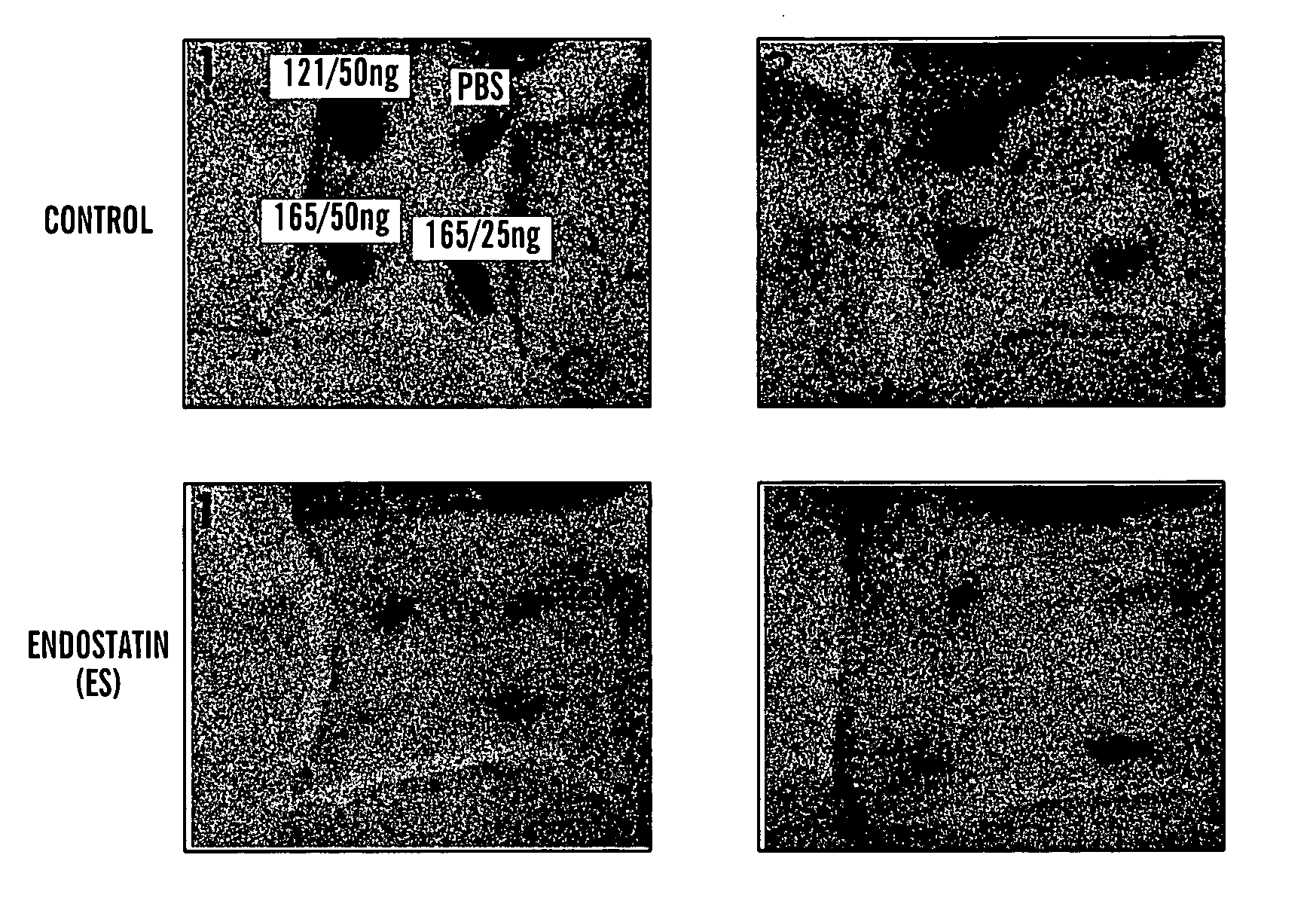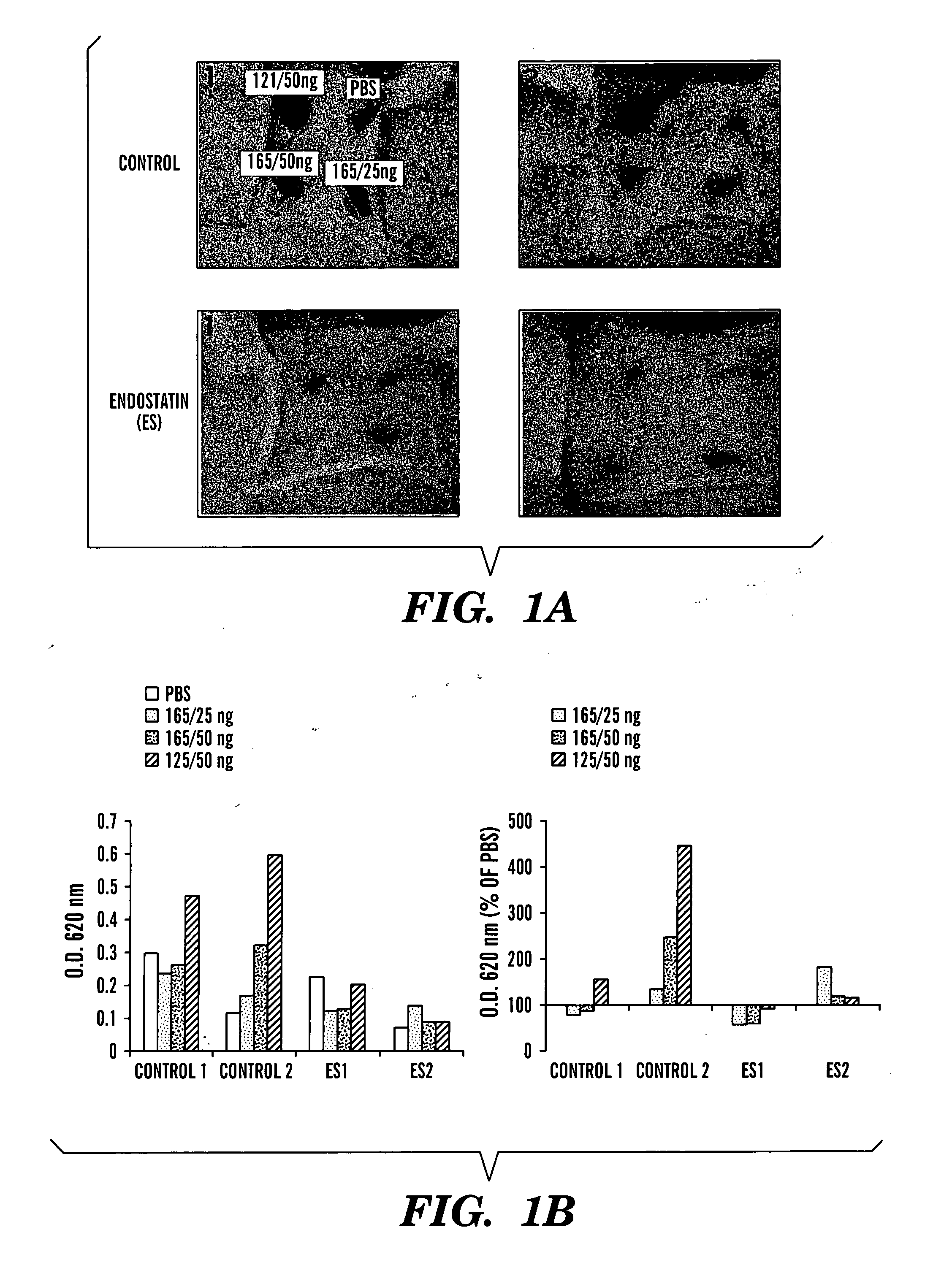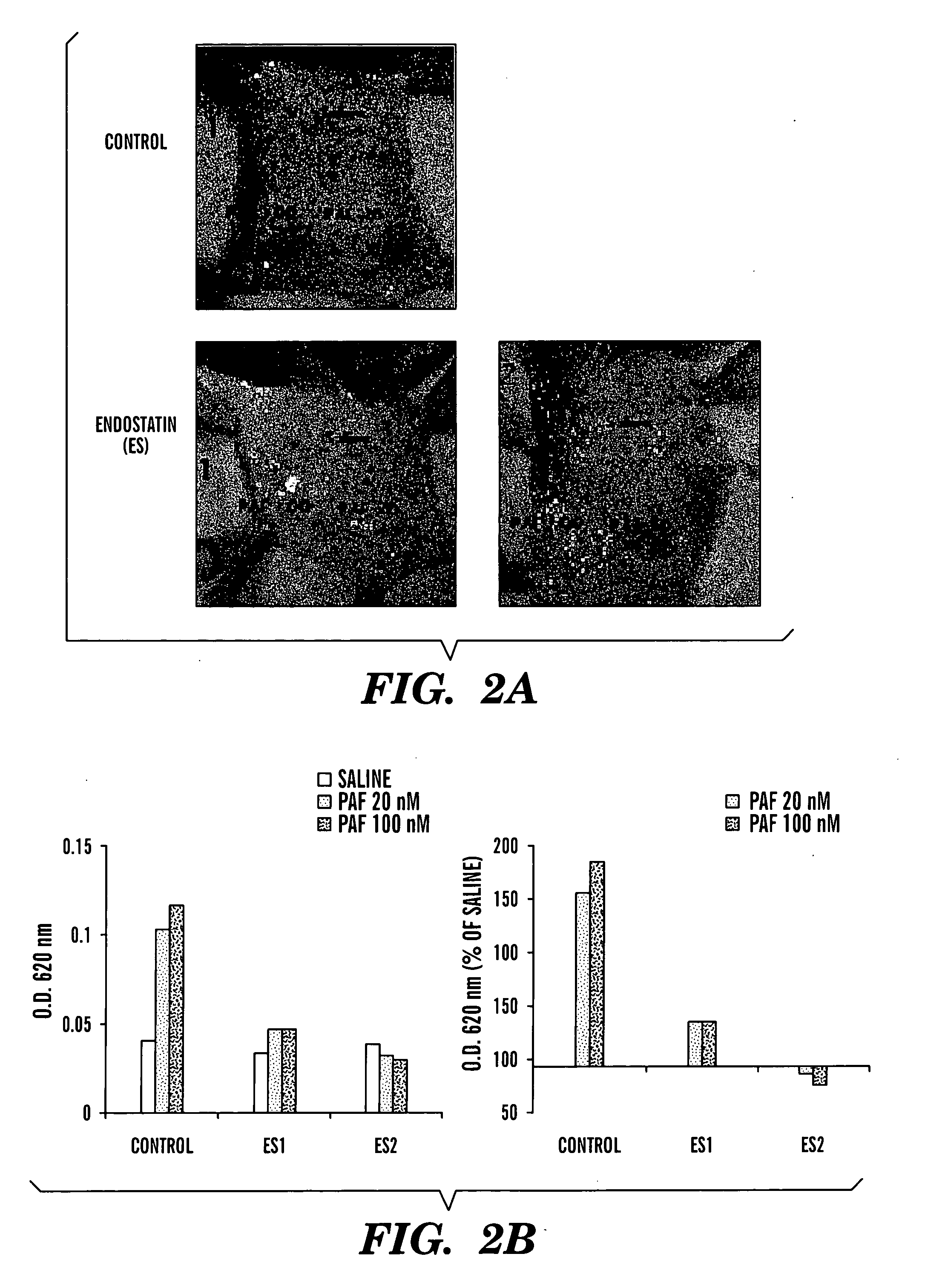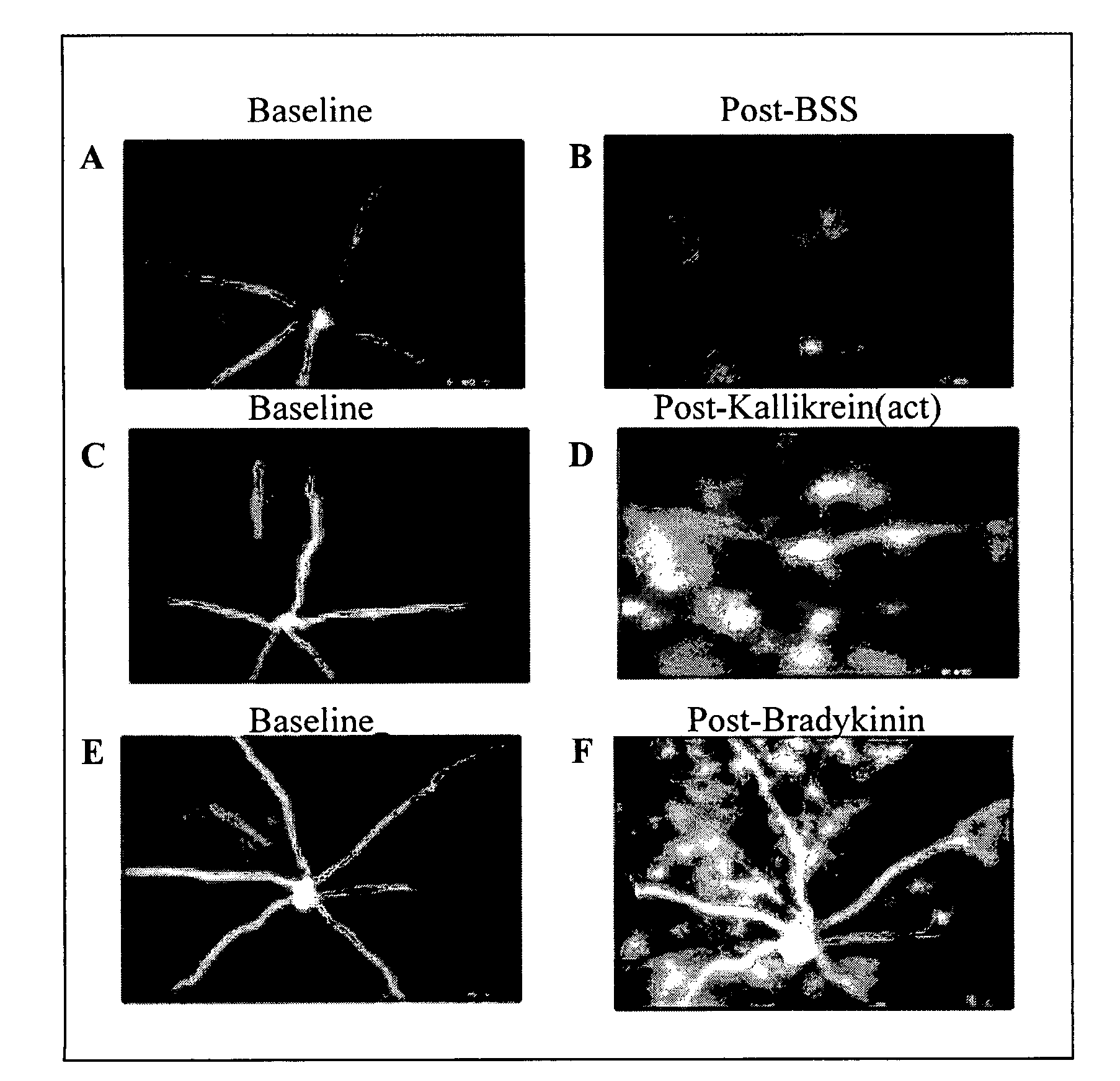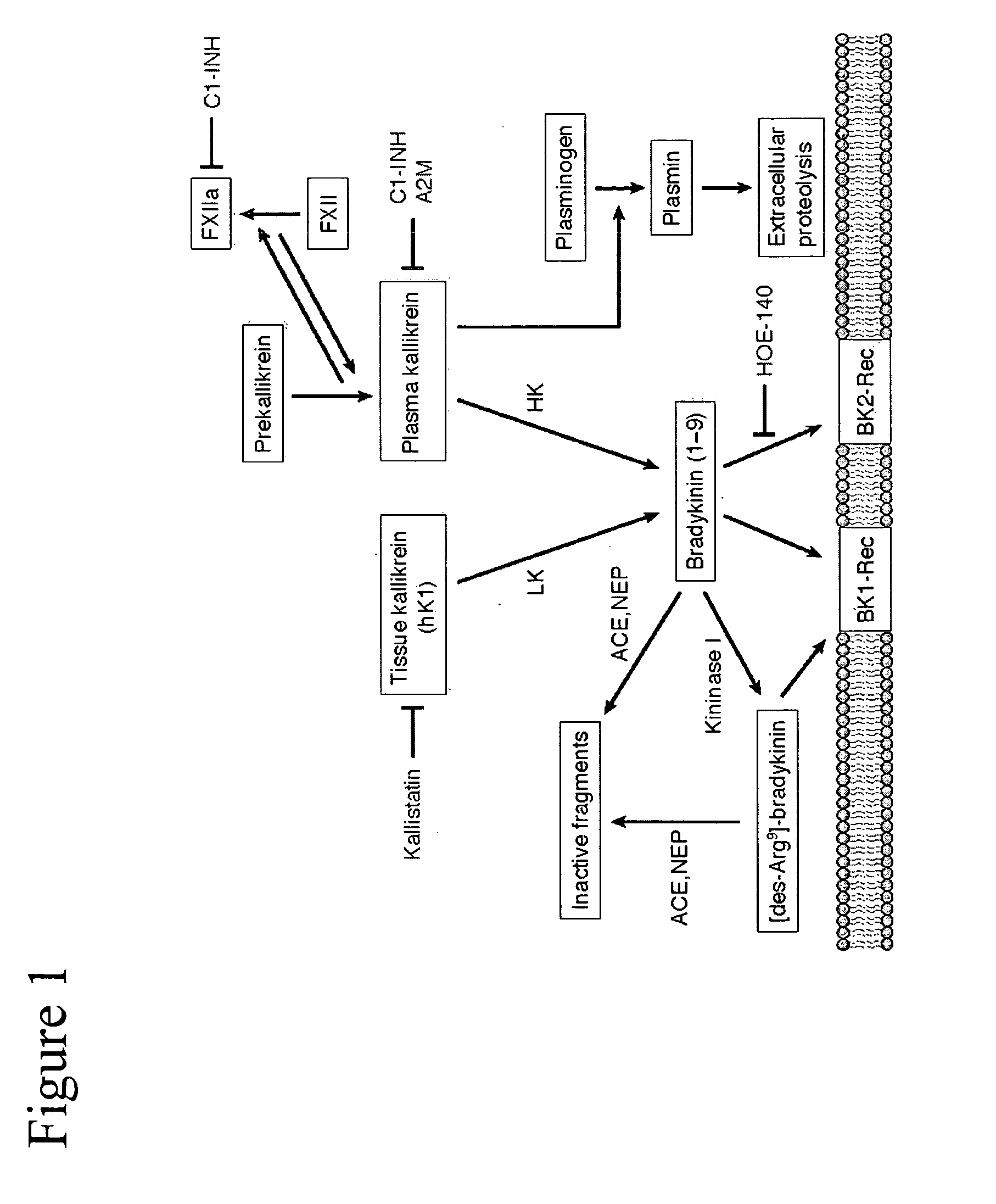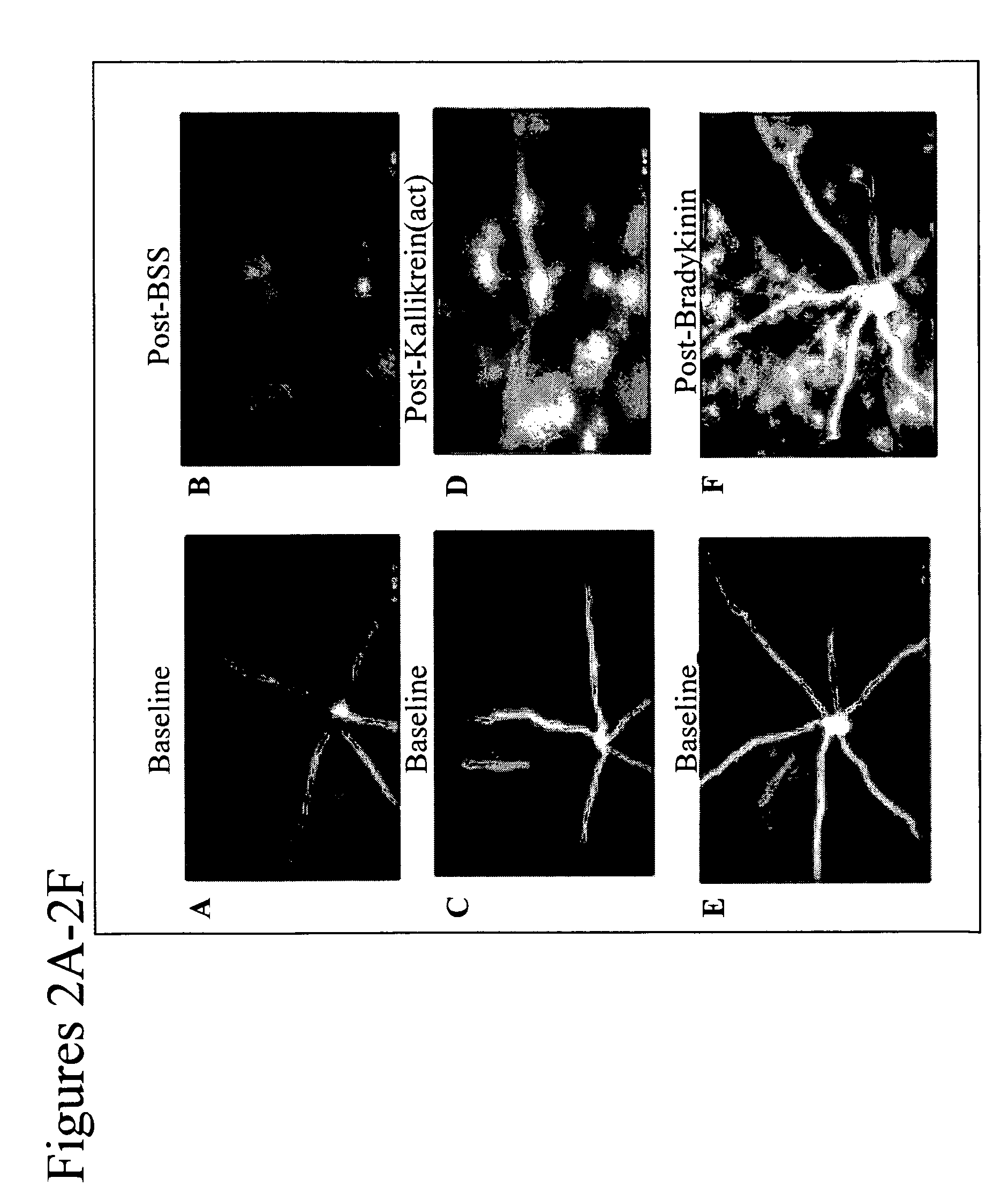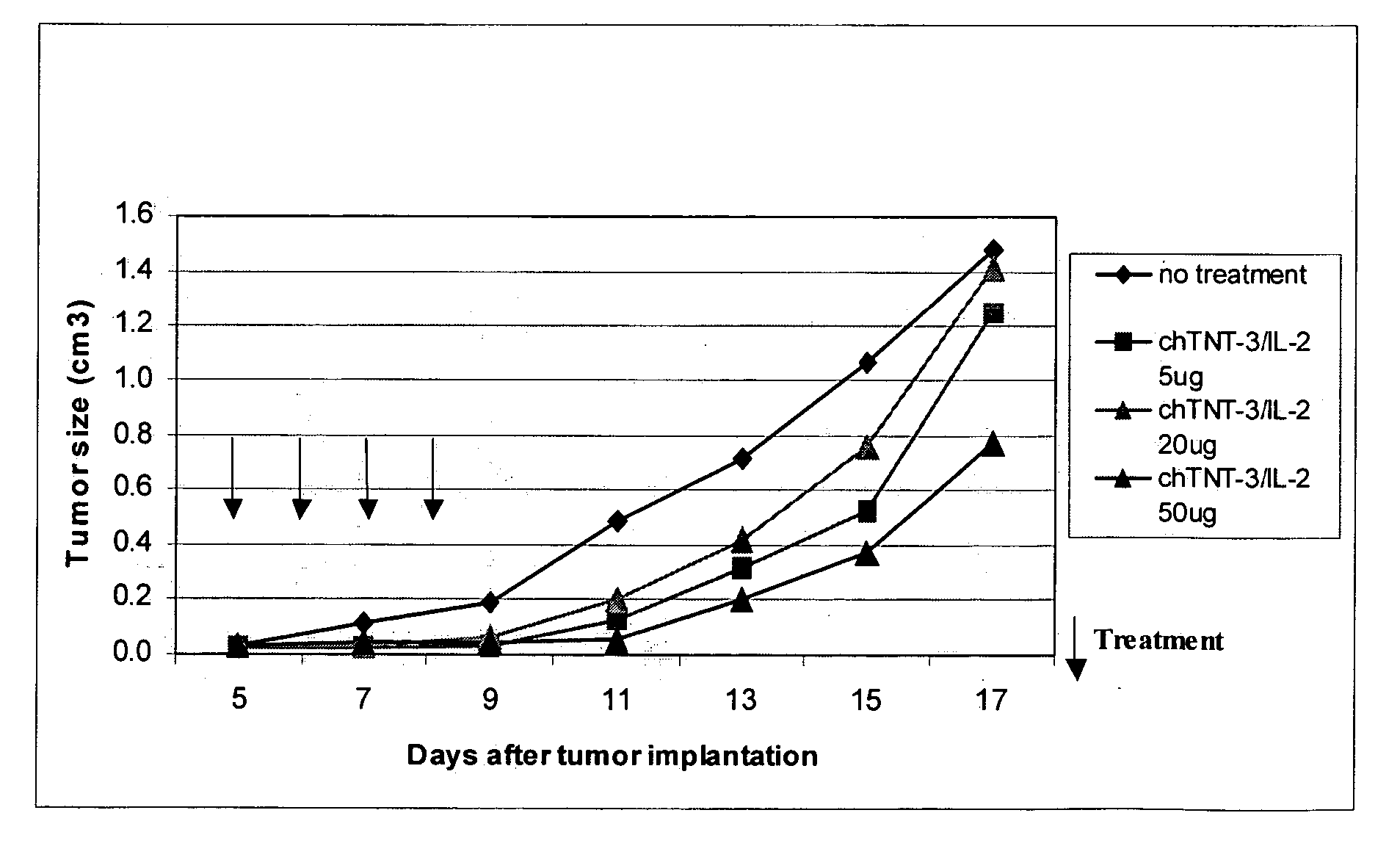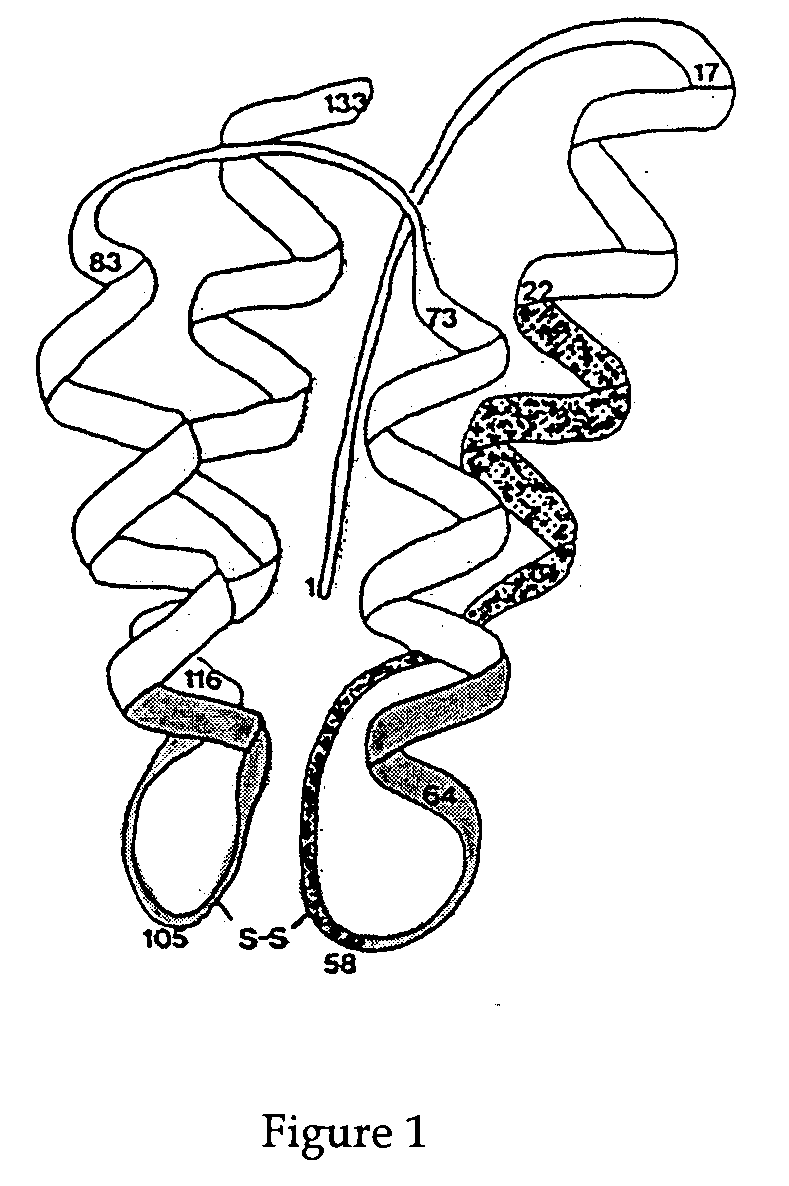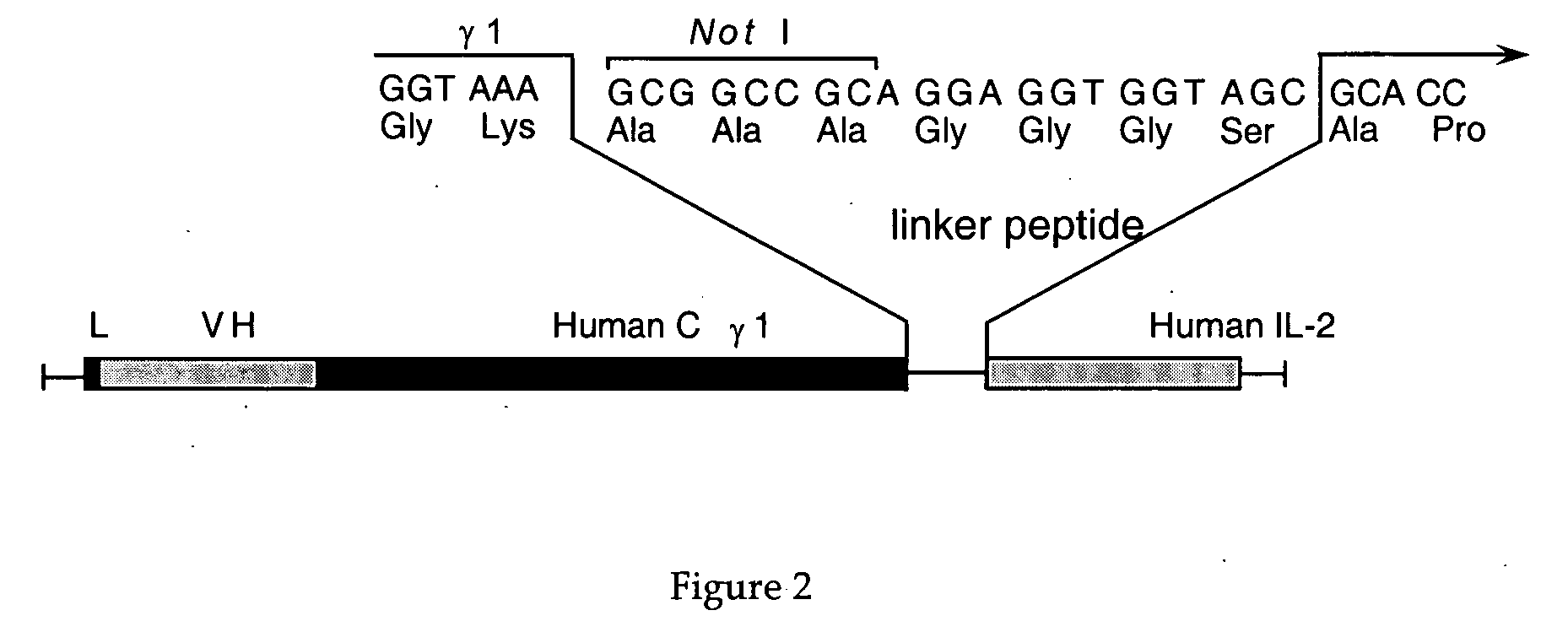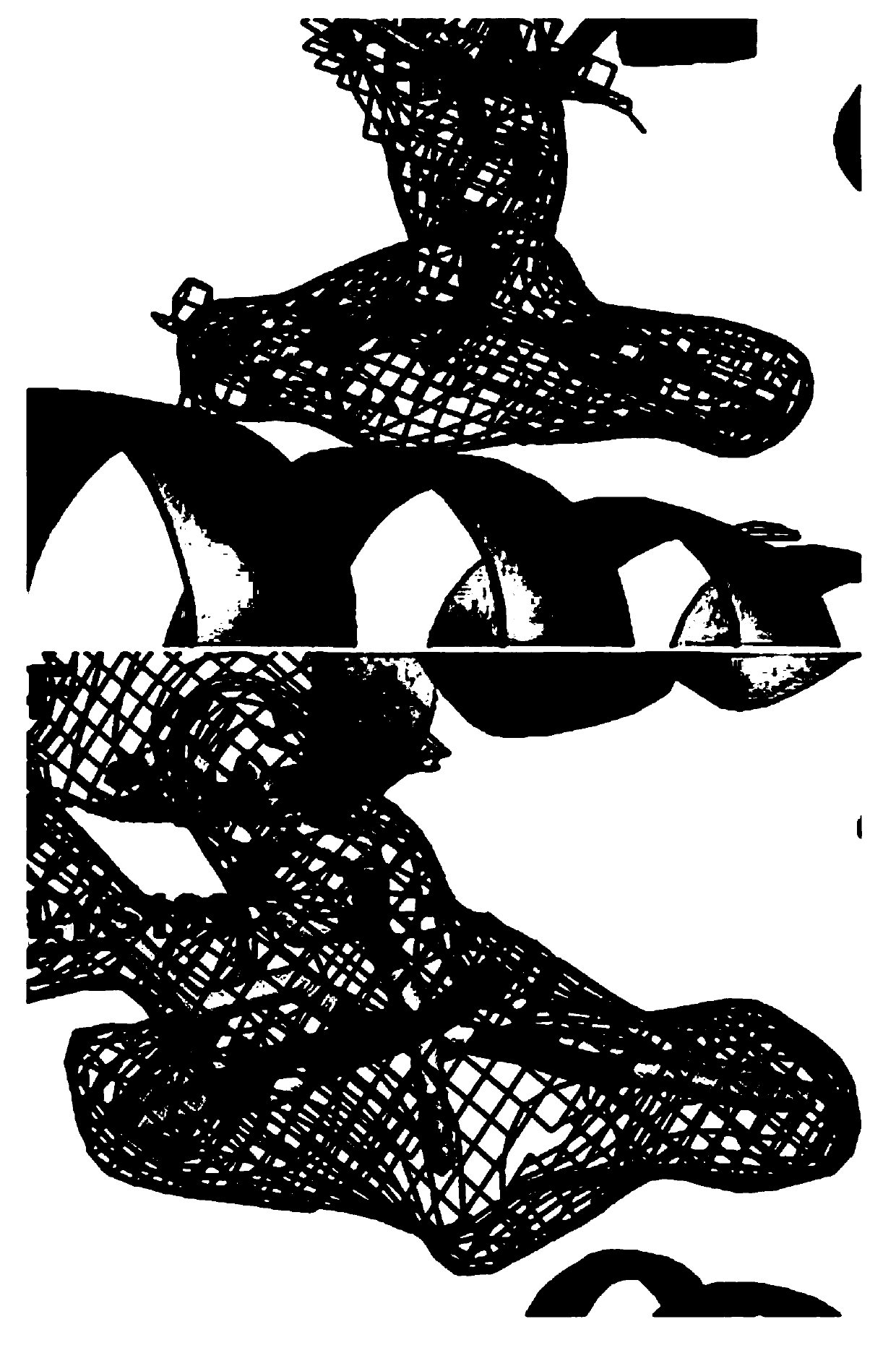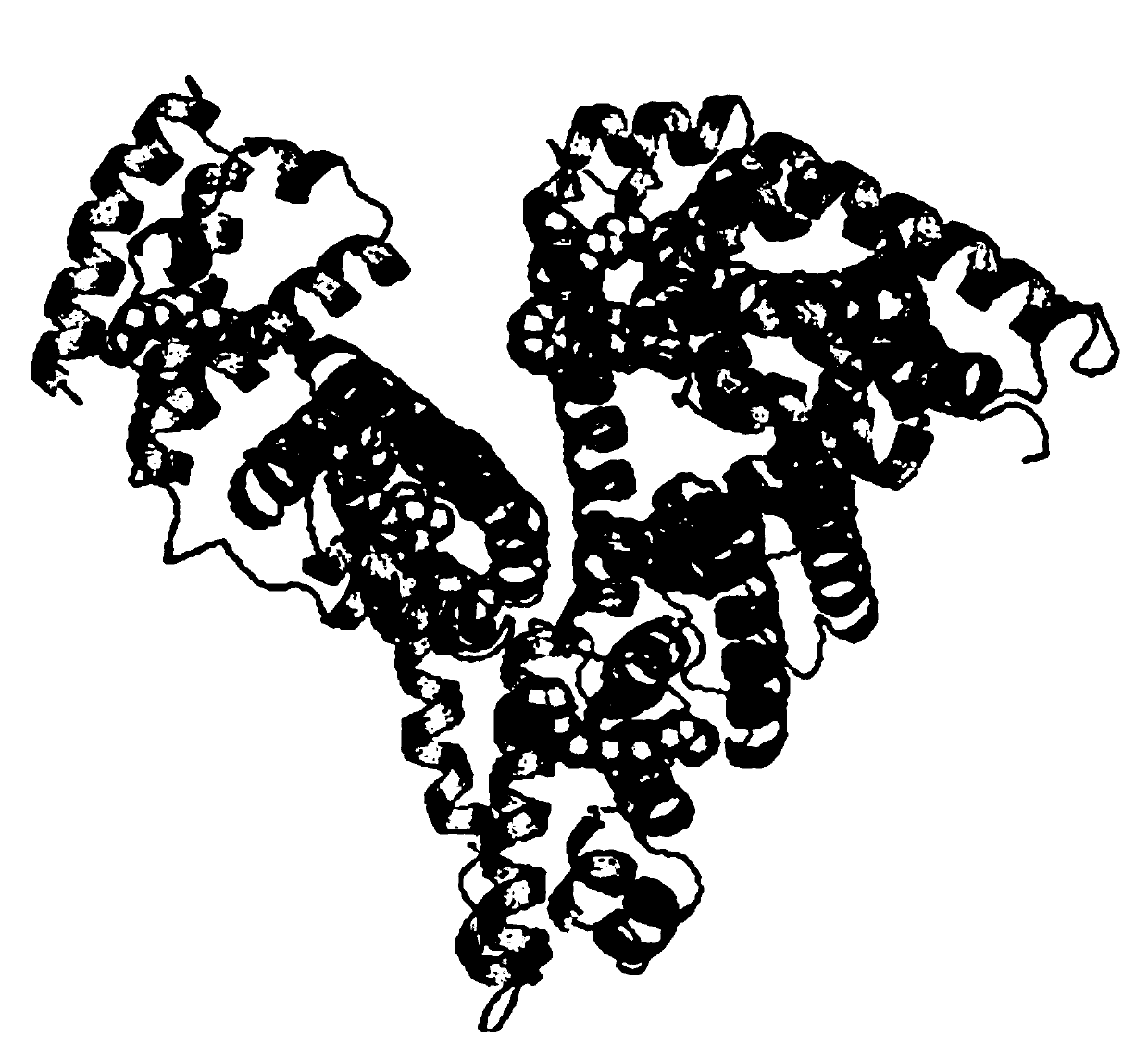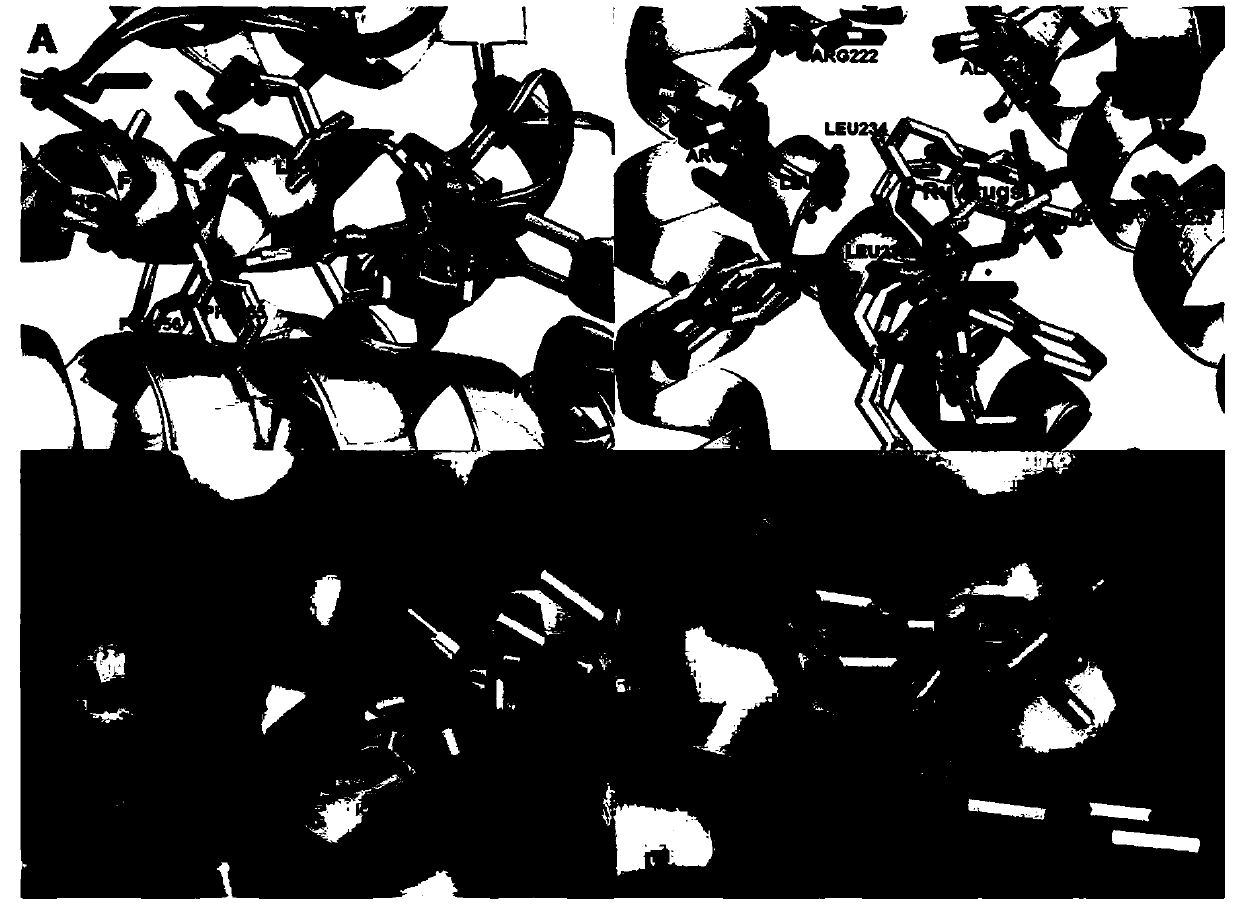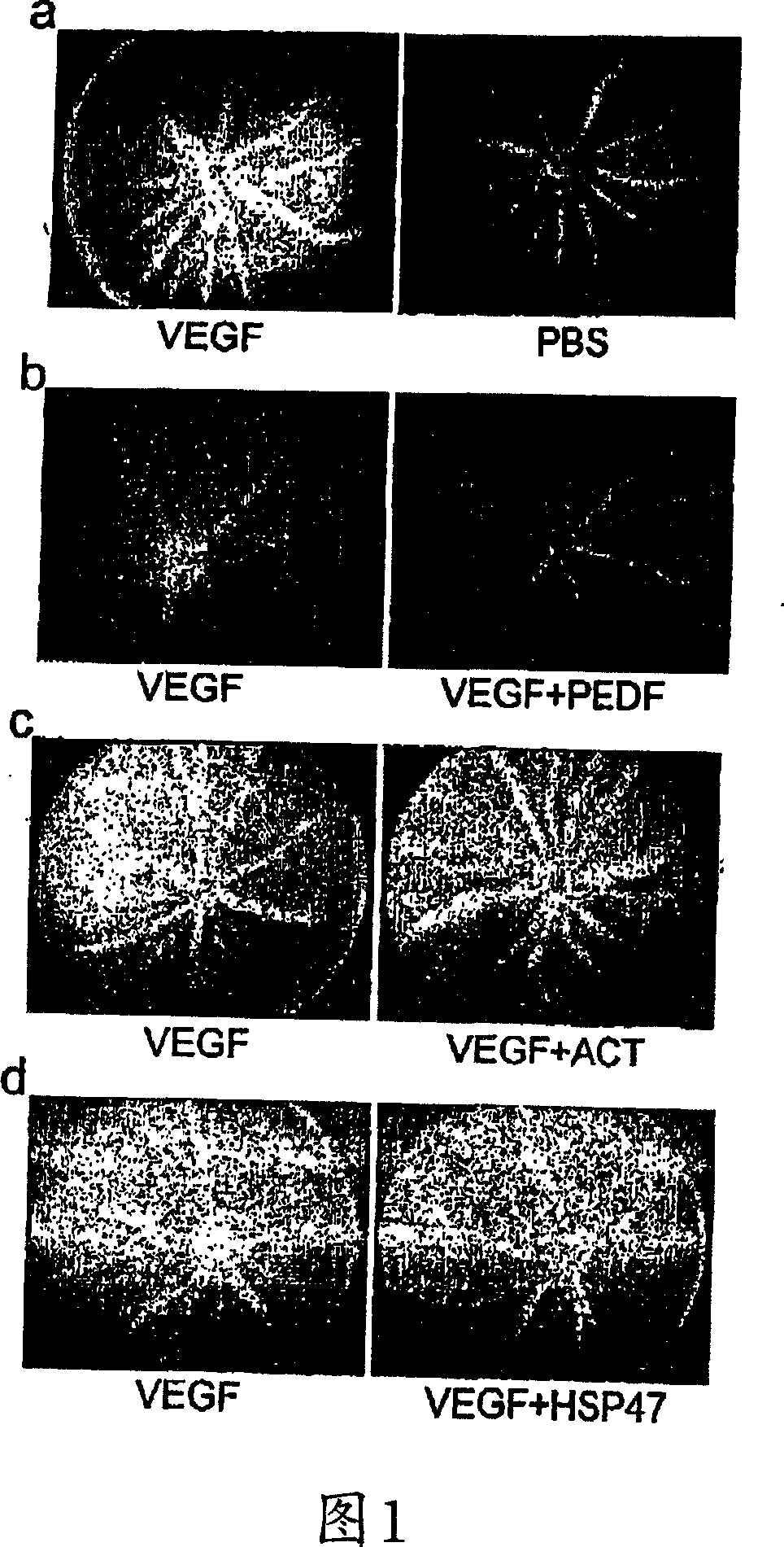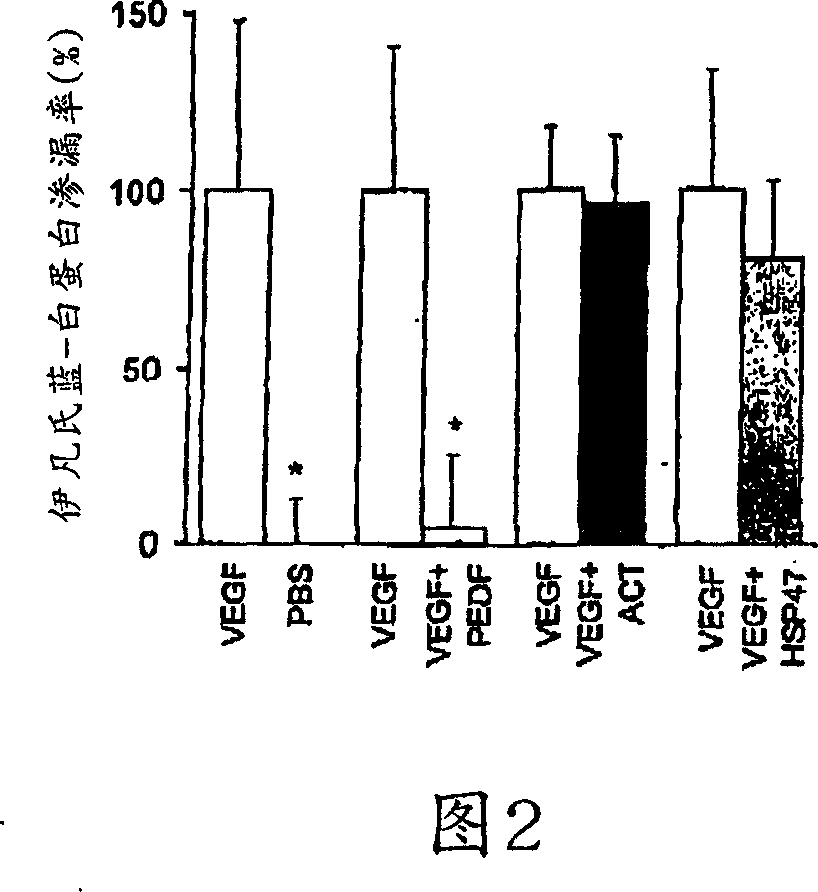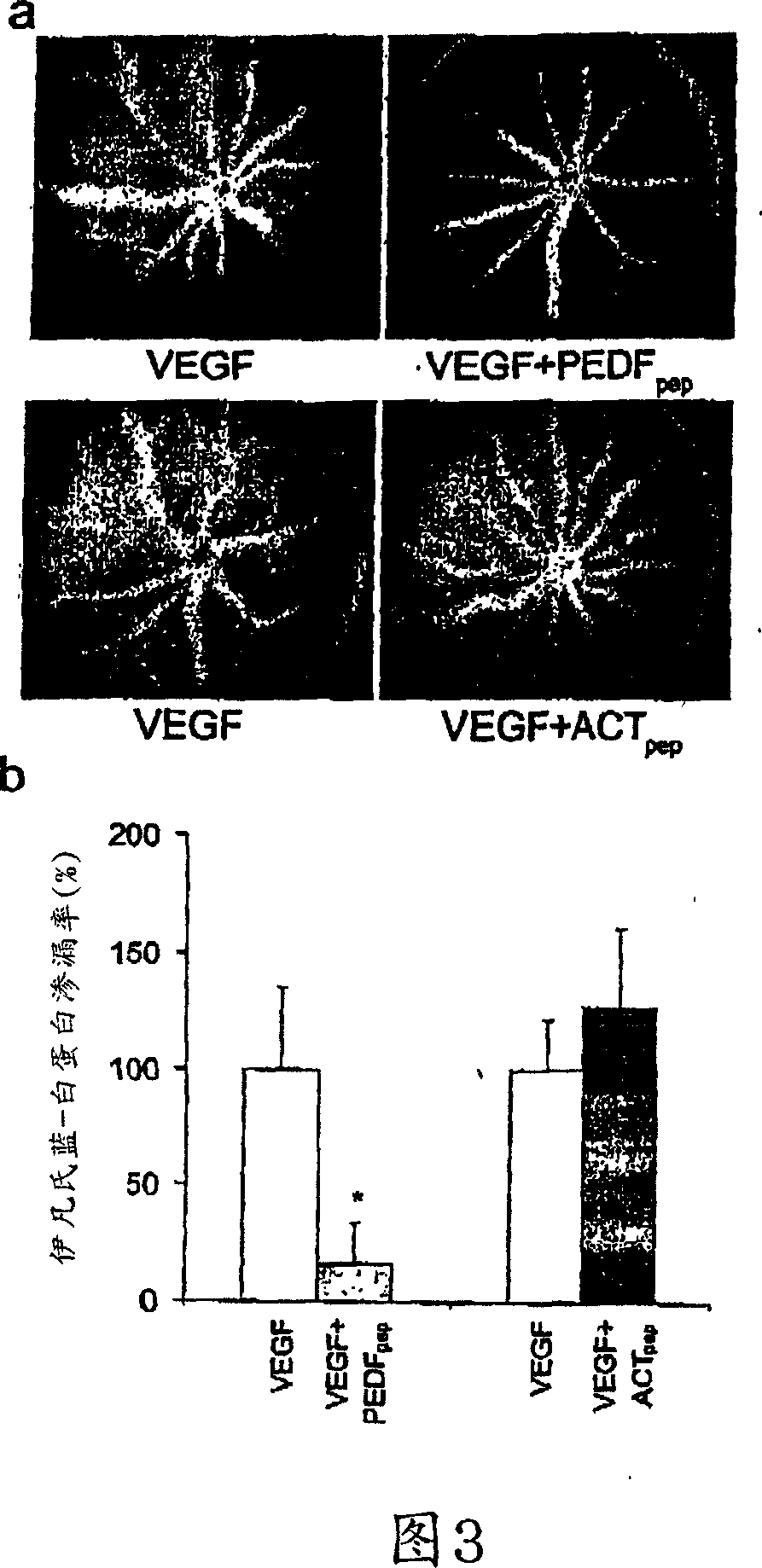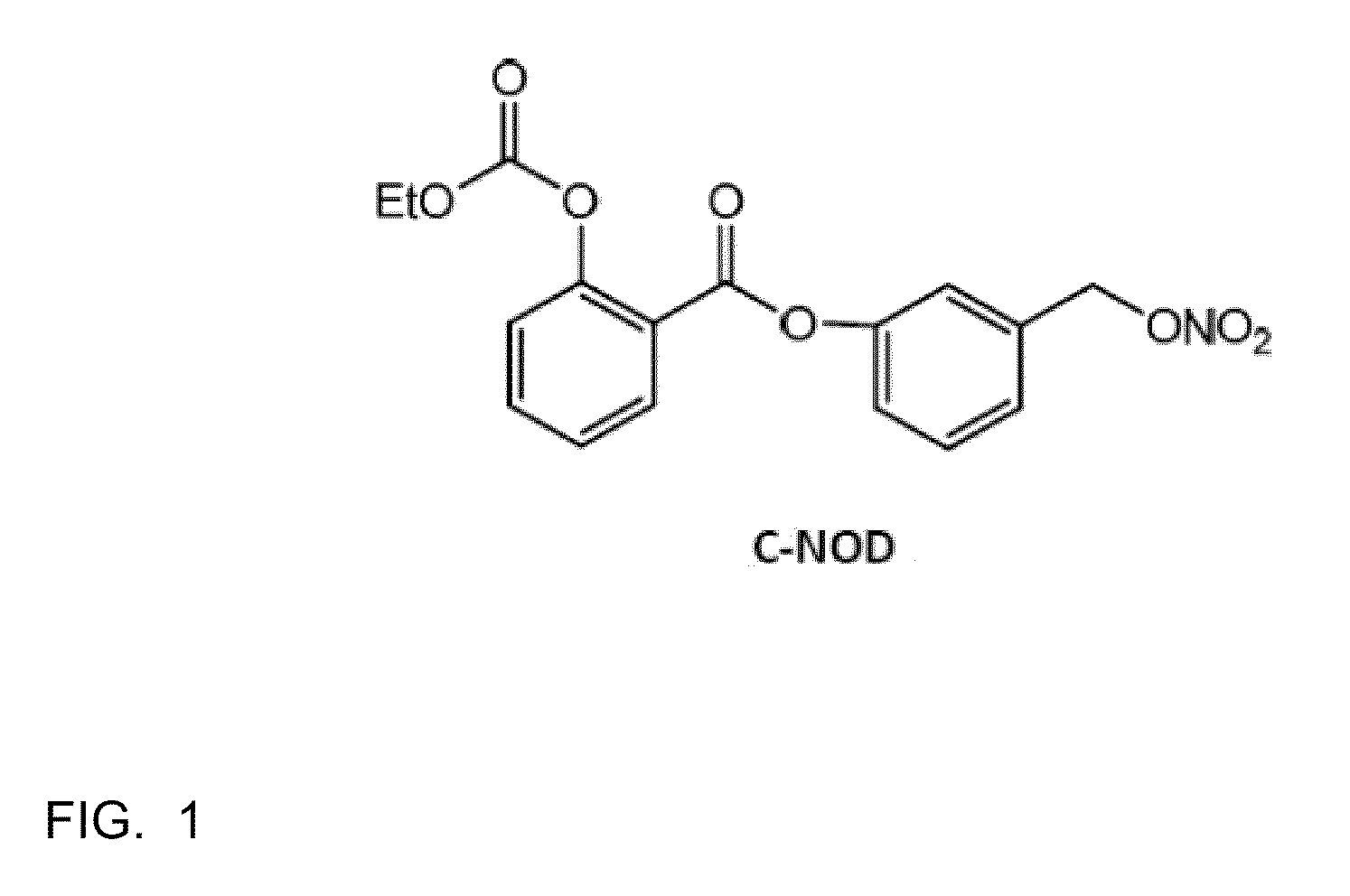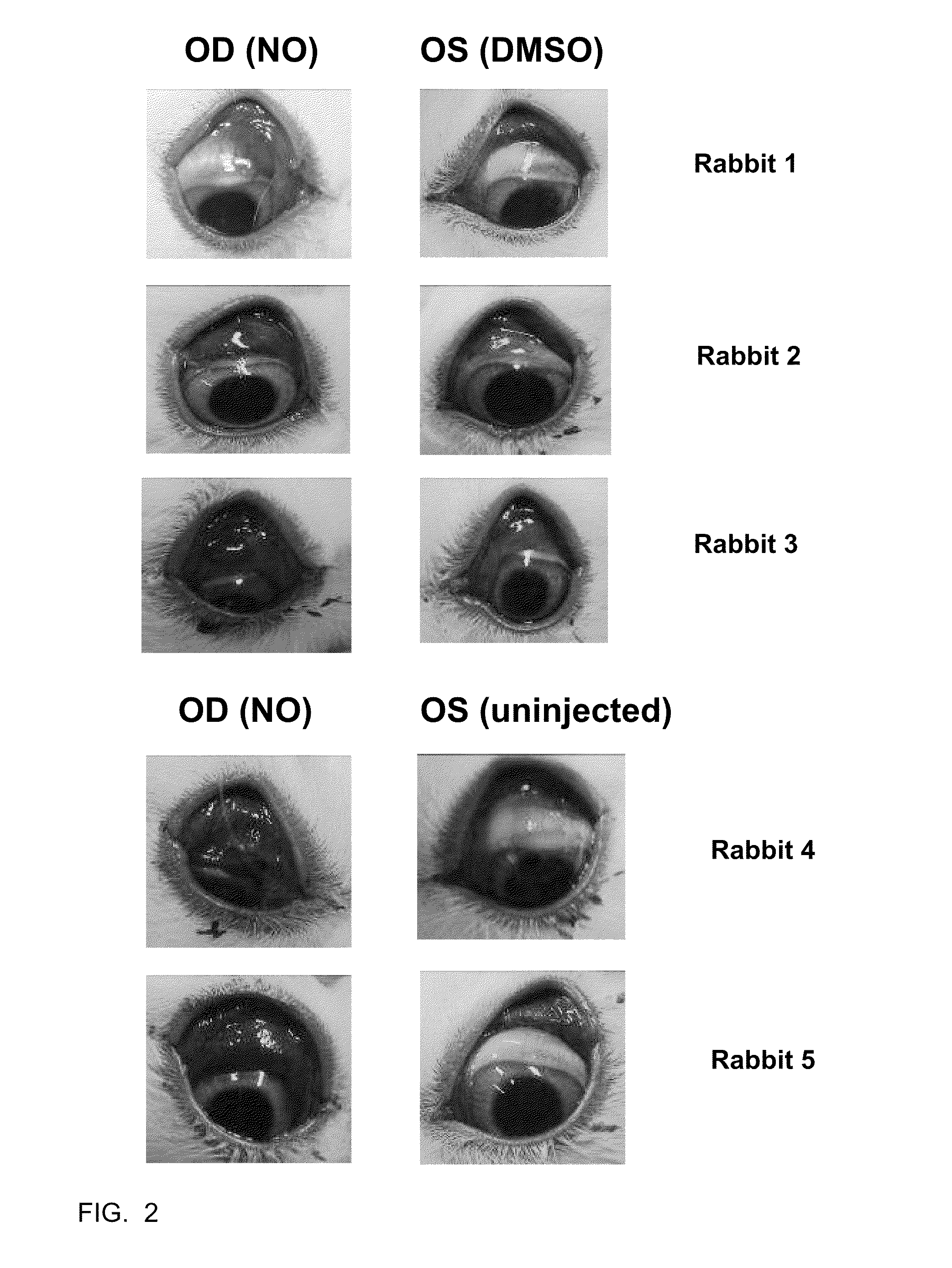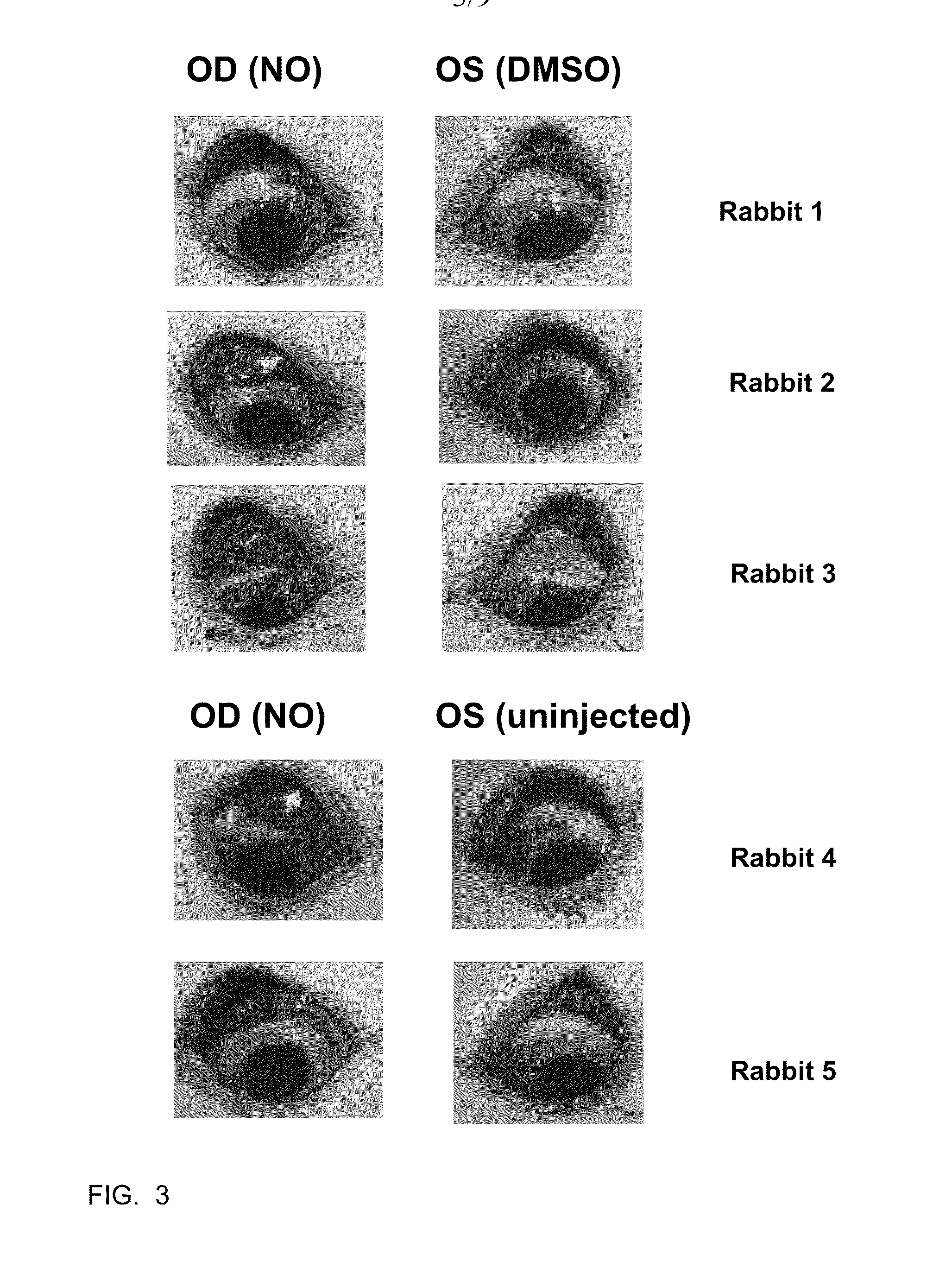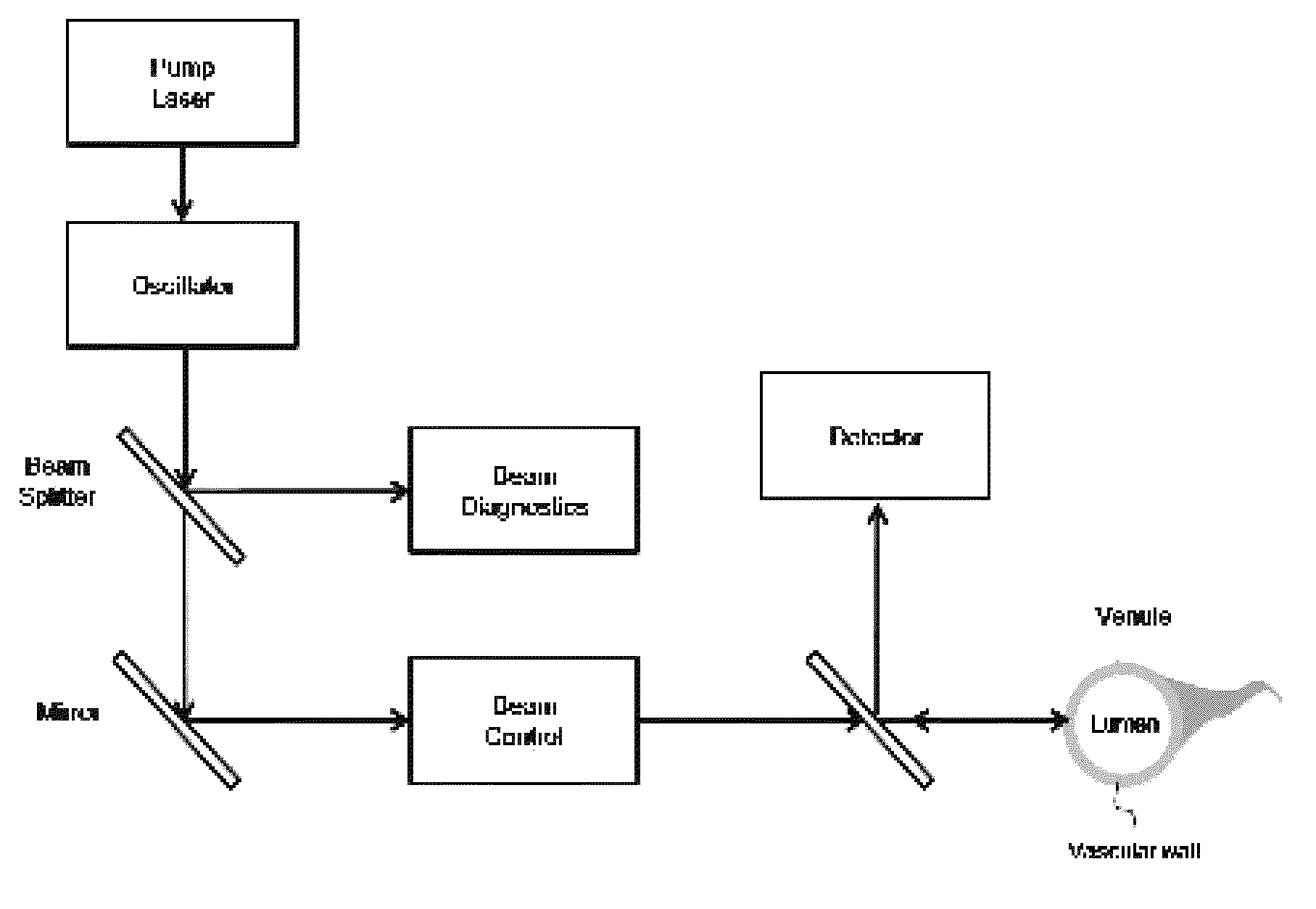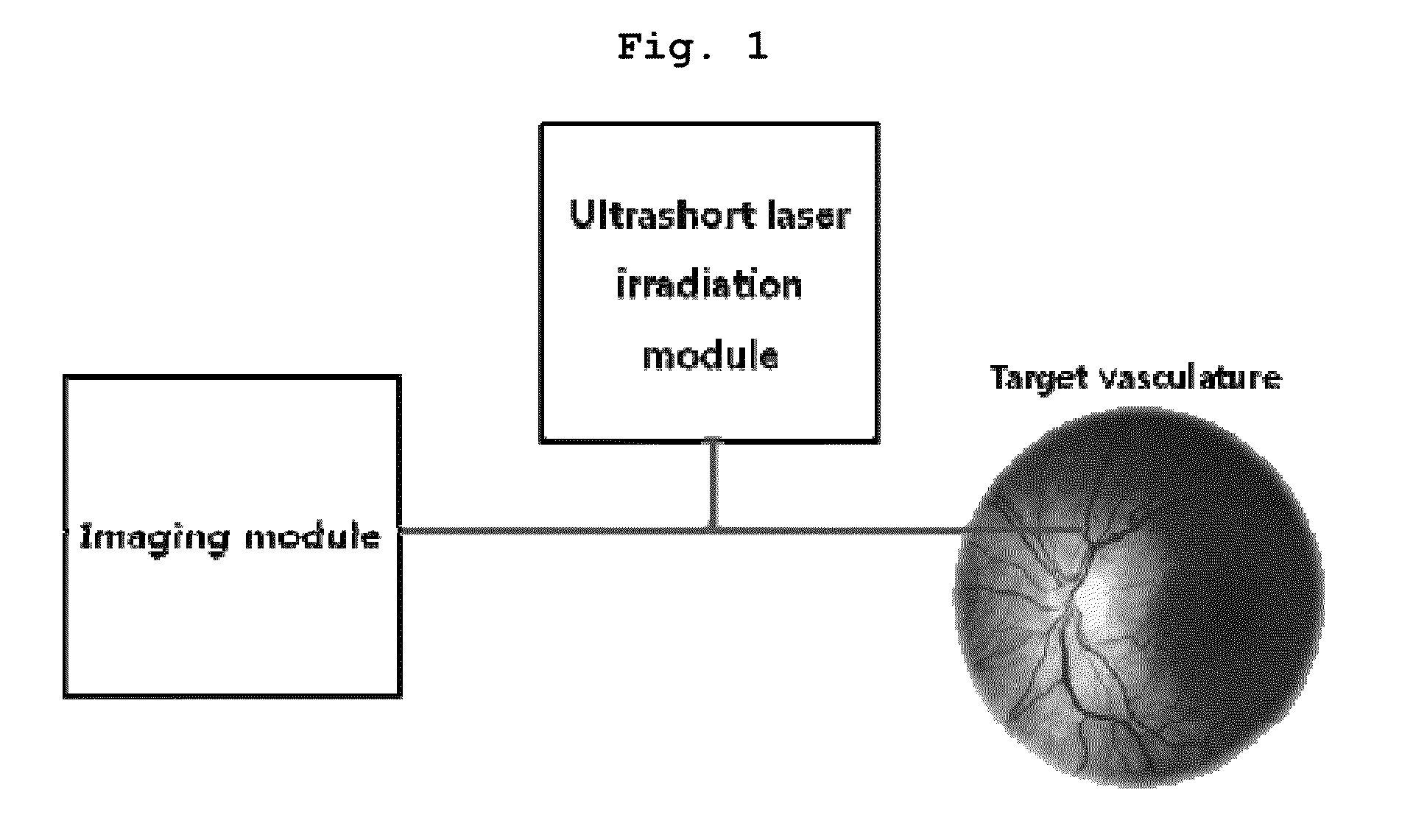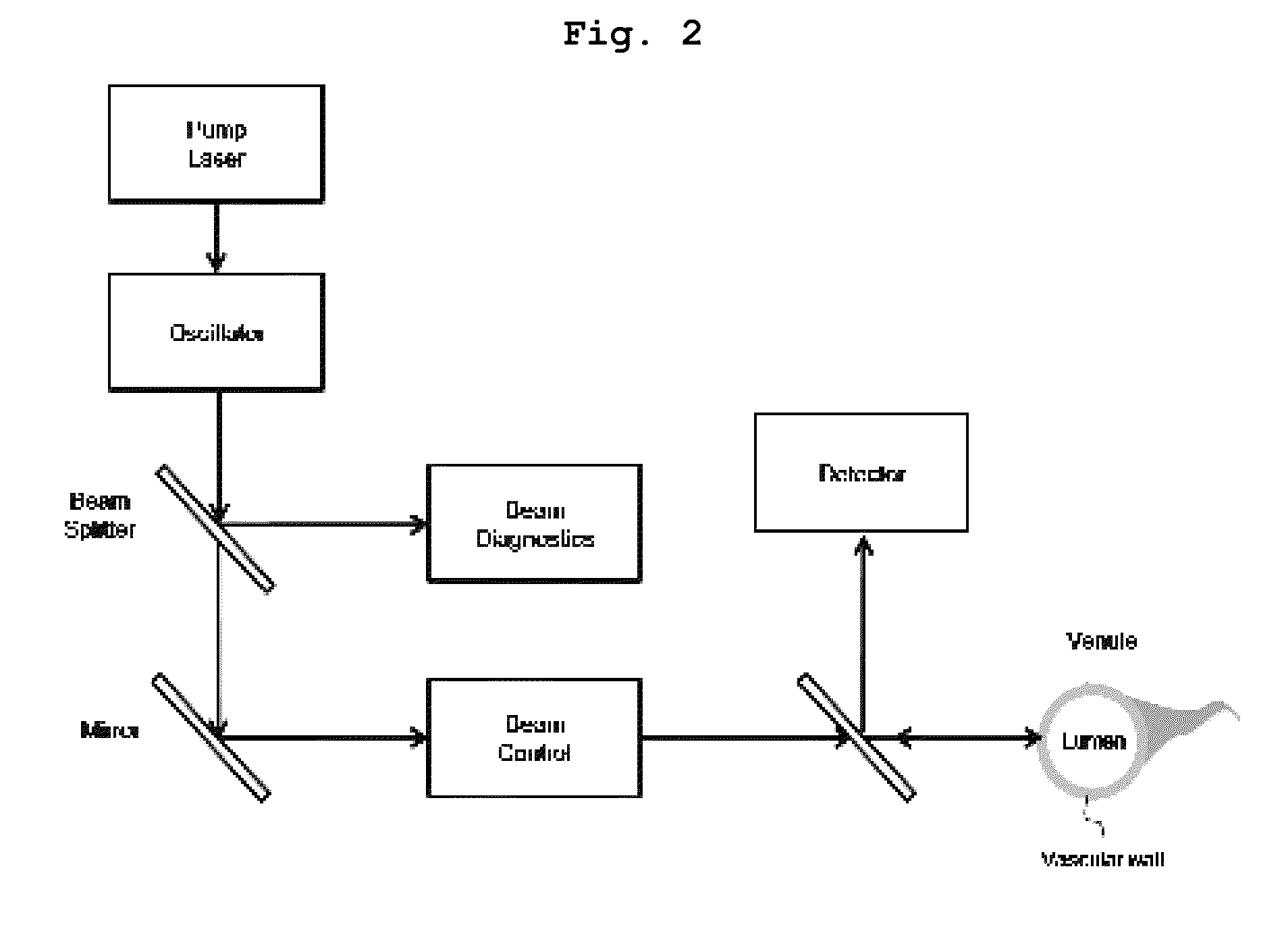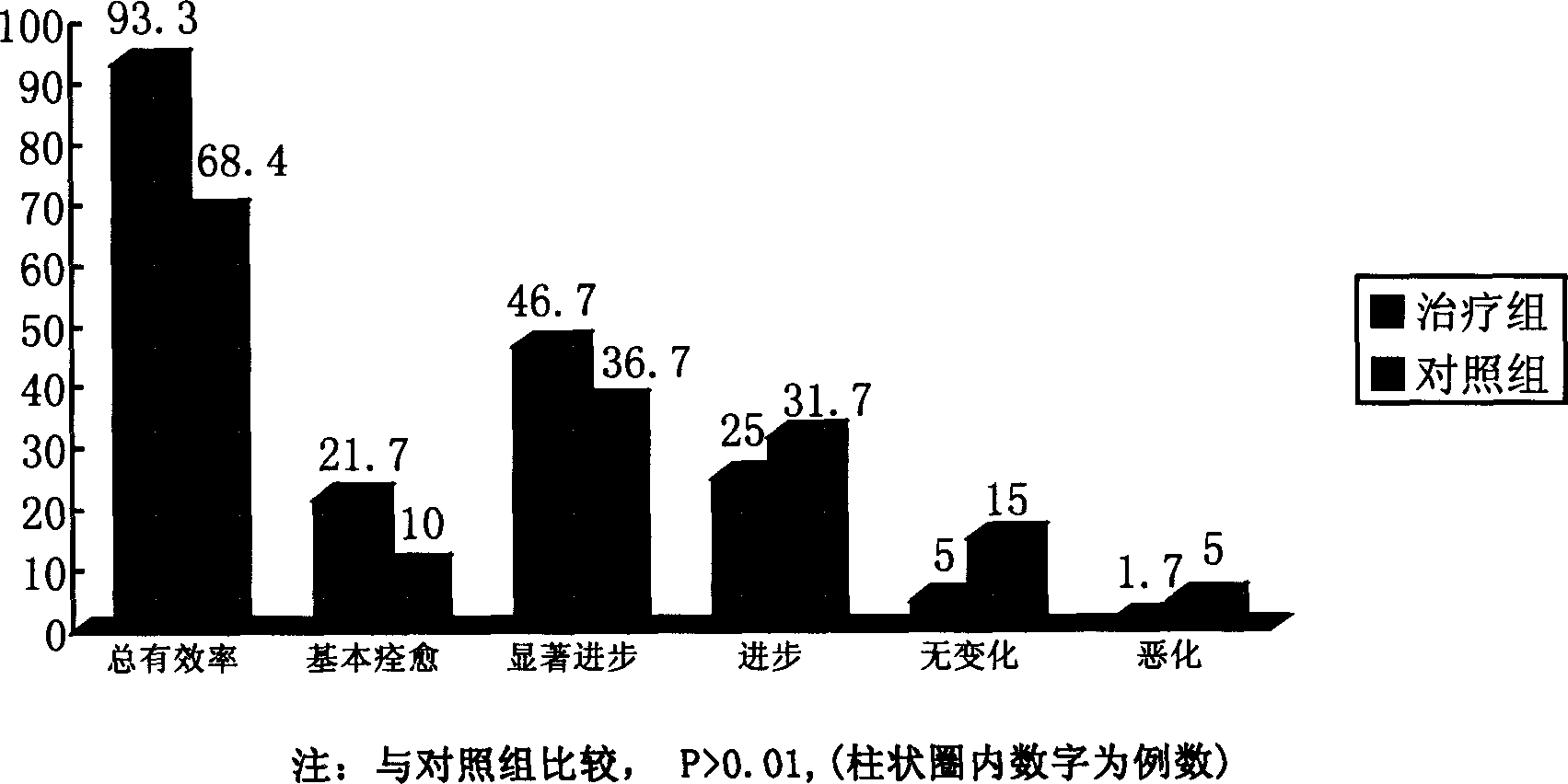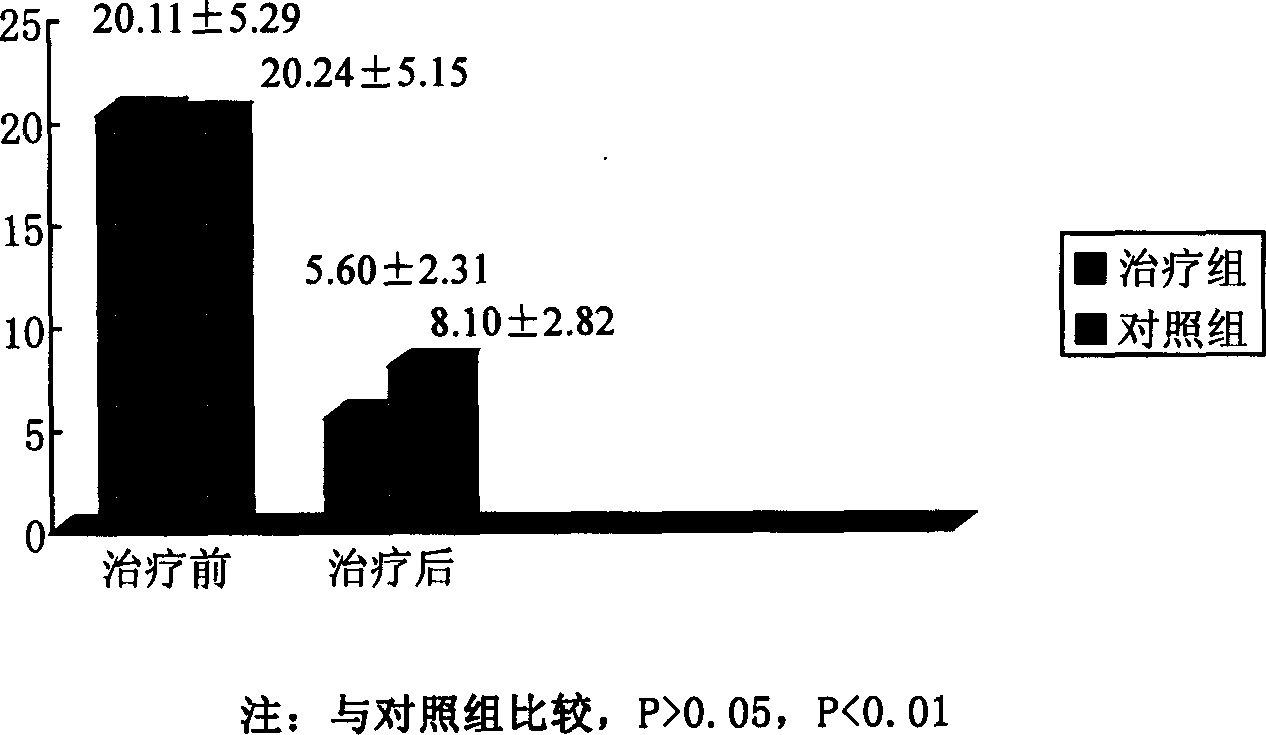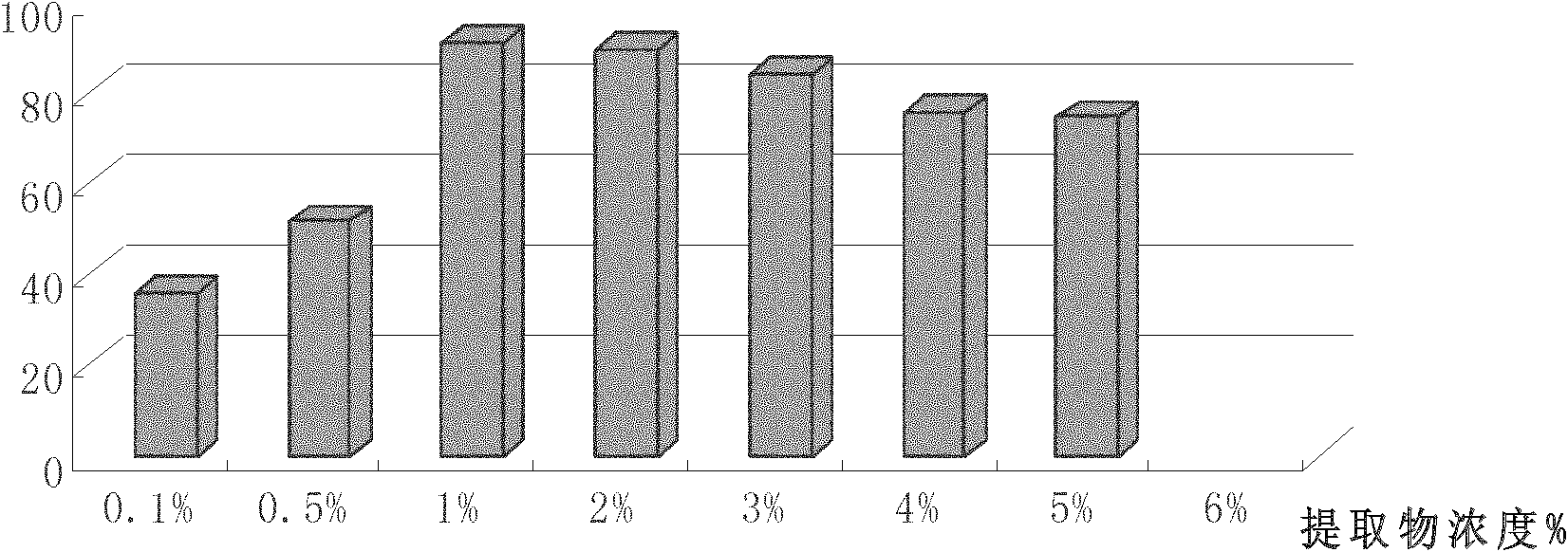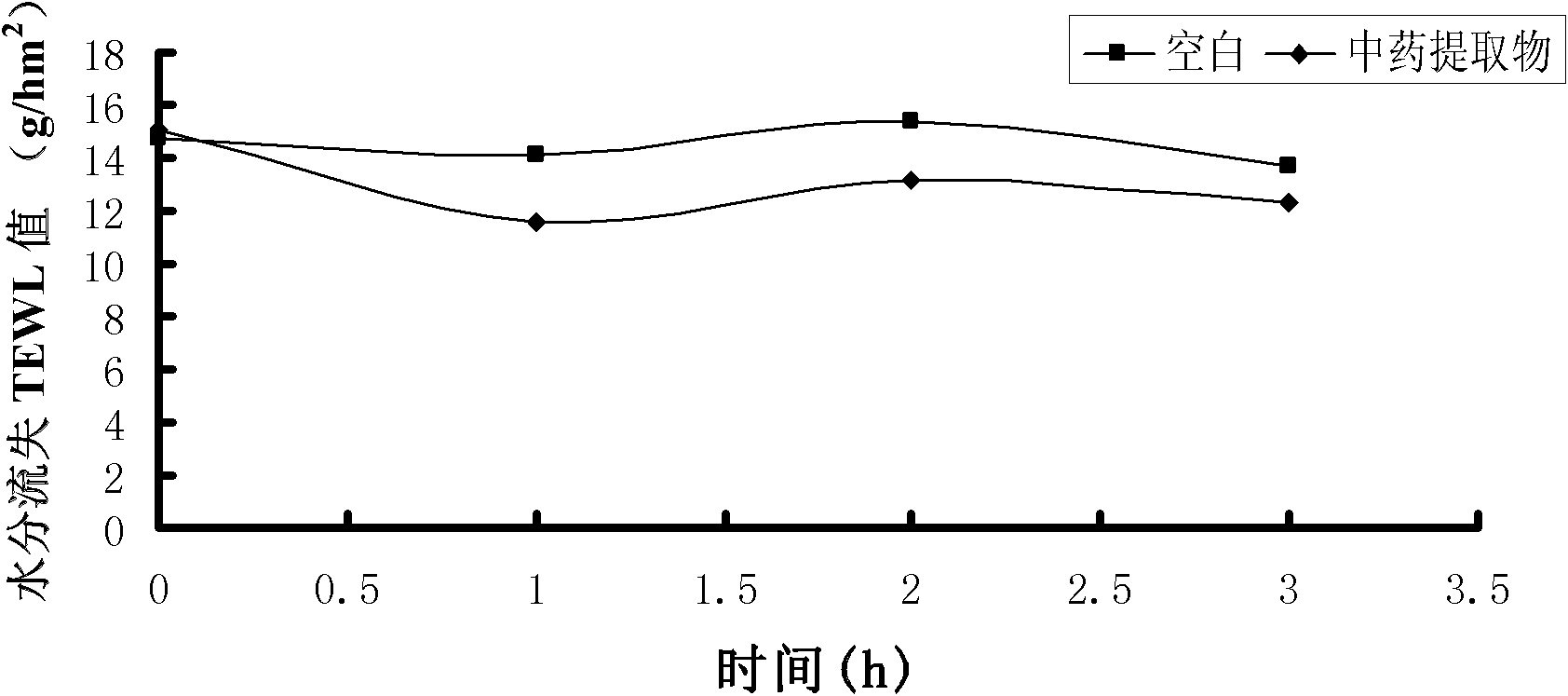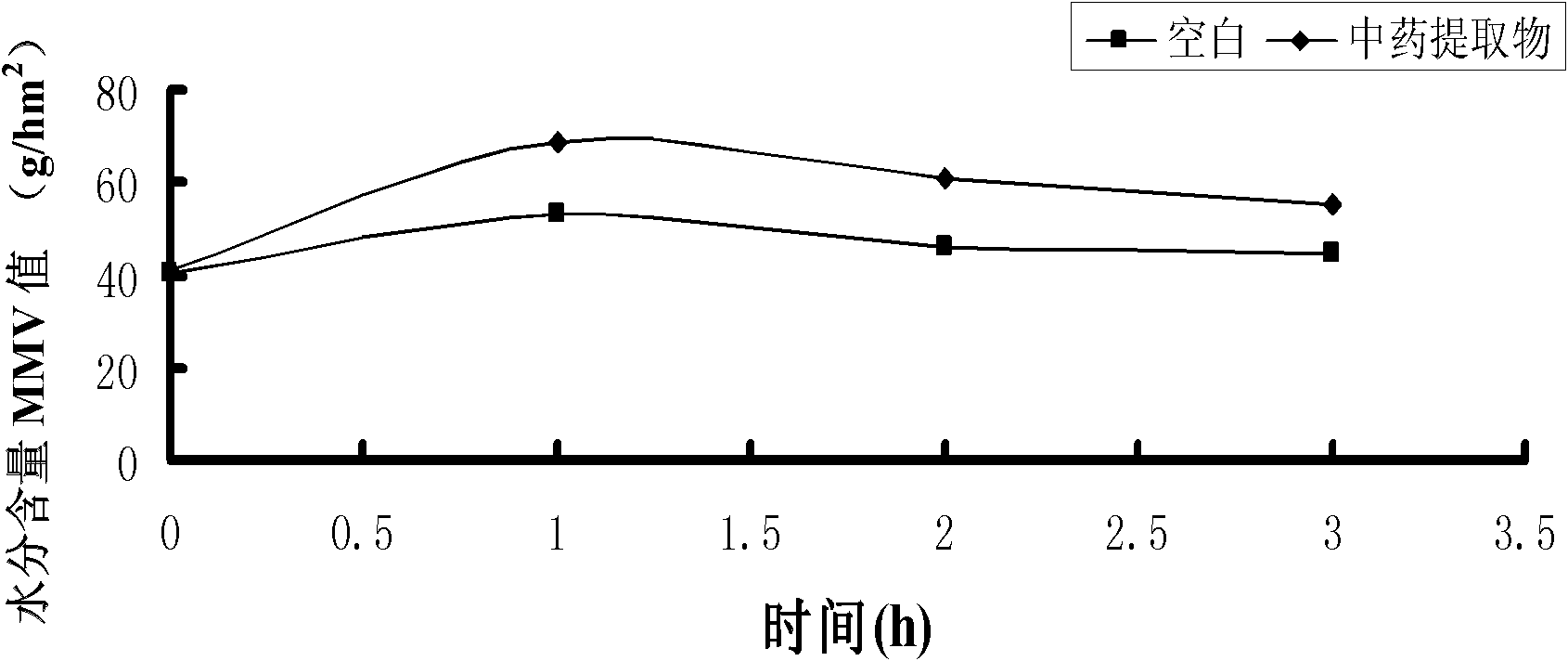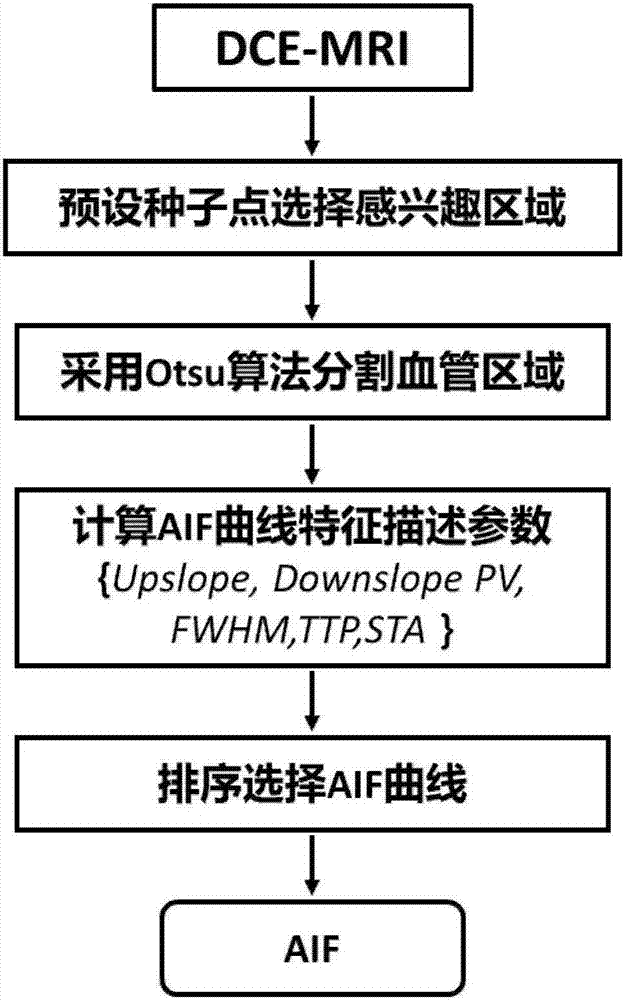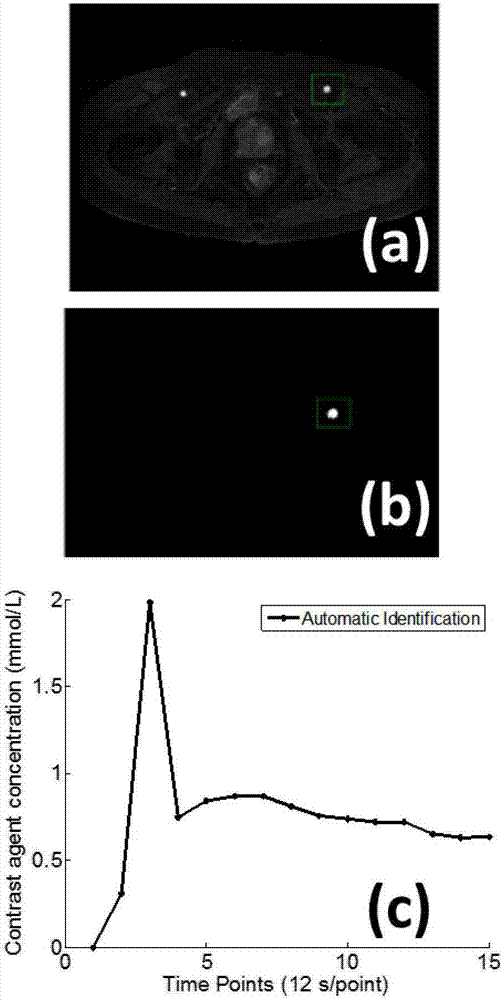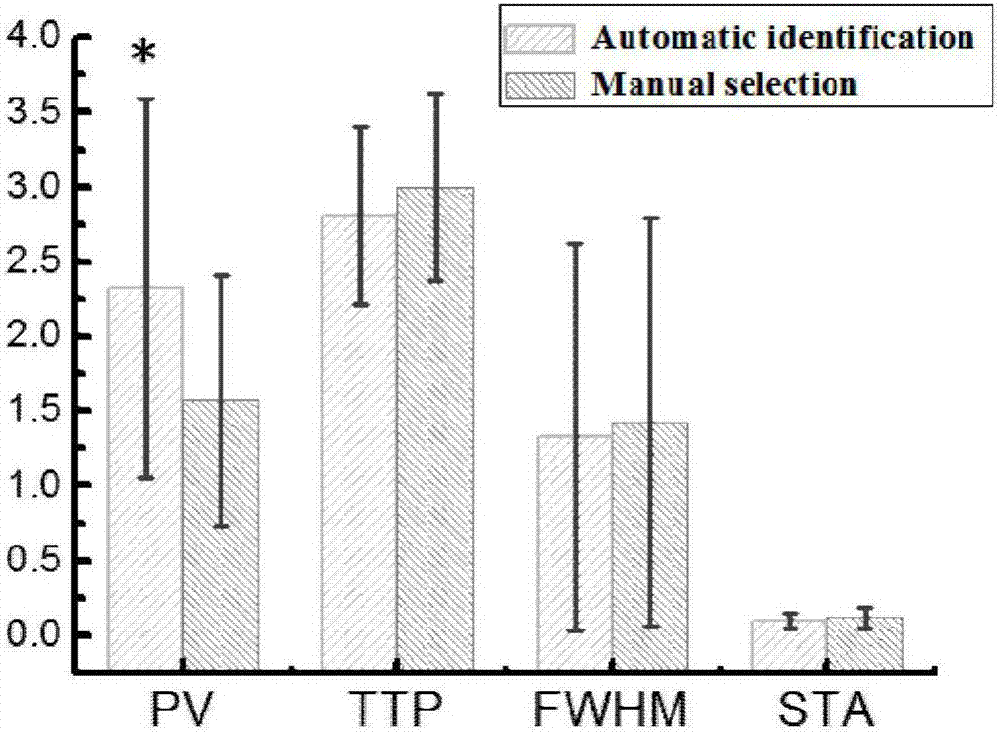Patents
Literature
Hiro is an intelligent assistant for R&D personnel, combined with Patent DNA, to facilitate innovative research.
199 results about "Blood vessel permeability" patented technology
Efficacy Topic
Property
Owner
Technical Advancement
Application Domain
Technology Topic
Technology Field Word
Patent Country/Region
Patent Type
Patent Status
Application Year
Inventor
PHARMACEUTICAL FORMULATION FOR DELIVERY OF RECEPTOR TYROSINE KINASE INHIBITING (RTKi) COMPOUNDS TO THE EYE
InactiveUS20070149593A1Increase vascular permeabilityOvercomes drawbackBiocideSenses disorderDiseaseOcular neovascularization
The present invention relates to development of efficacious intravitreal pharmaceutical compositions comprising a poorly water soluble agent with anti-angiogenic and / or anti vascular leakage properties in a therapeutically effective amount and a co-solvent in a suitable amount to treat or prevent diseases due to ocular neovascularization and enhanced vascular permeability. Other aspects of the invention details the development of efficacious compositions for the treatment of the said diseases via periocular, topical and oral administration.
Owner:ALCON INC
PHARMACEUTICAL FORMULATION FOR DELIVERY OF RECEPTOR TYROSINE KINASE INHIBITING (RTKi) COMPOUNDS TO THE EYE
InactiveUS20070173538A1Less invasive procedureDesirable bioavailabilityBiocideSenses disorderOcular neovascularizationPharmaceutical formulation
The present invention relates to development of efficacious pharmaceutical compositions comprising a poorly water soluble active compound in a therapeutically effective amount and a co-solvent in a suitable amount to treat or prevent diseases due to ocular neovascularization and enhanced vascular permeability. In preferred aspects the composition is in the form of a gel.
Owner:ALCON INC
Vascular endothelial growth factor D (VEGF-D) antibodies and vectors, and methods of use
InactiveUS7122654B2Promote blood circulationImprove in gaseous exchangeFungiSenses disorderBlood vesselAntagonist
VEGF-D, a new member of the PDGF family of growth factors, which among other things stimulates endothelial cell proliferation and angiogenesis and increases vascular permeability, as well as nucleotide sequences encoding it, methods for producing it, antibodies and other antagonists to it, transfected or transformed host cells for expressing it, pharmaceutical compositions containing it, and uses thereof in medical and diagnostic applications.
Owner:VEGENICS PTY LTD
Inhibition of sema3a in the prevention and treatment of ocular hyperpermeability
ActiveUS20160002641A1Avoid developmentInhibits signaling functionOrganic active ingredientsSenses disorderOphthalmologyBlood vessel permeability
Described herein is a method of preventing or treating ocular vascular hyperpermeability including macular edema, in a subject comprising inhibiting Sema3A activity. Also disclosed are compositions and their use for preventing or treating Sema3A-dependent ocular vascular hyperpermeability.
Owner:RSEM
Effect of Loteprednol etabonate on vascular dysfunction
InactiveUS20070093461A1Inhibition formationOrganic active ingredientsSenses disorderLoteprednol etabonateAngiogenesis growth factor
This invention relates to the effect of Loteprednol etabonate on vascular dysfunction in the back of the eye. More specifically, this invention relates to methods of modifying a pathogenic angiogenesis in the back of an eye of a patient, the method comprising administering to a patient in need thereof a pathogenic angiogenesis modifying amount of Loteprednol etabonate. Moreover, this invention relates to methods of modifying pathologic vascular permeability manifested as retinal edema. The method compromises administering to a patient an amount of LE sufficient to reduce retinal edema.
Owner:BAUSCH & LOMB INC
Methods for inhibiting vascular permeability
The present invention relates to methods for decreasing or inhibiting disorders associated with vascular hyperpermeability and to methods of screening for compounds that affect permeability, angiogenesis and stabilize tight junctions. In one aspect of the present invention there is provided a method of decreasing or inhibiting vascular hyperpermeability in an individual in need of such treatment. The method includes administering to the individual an effective amount of an antiangiogenic compound selected from the group consisting of endostatin, thrombospondin, angiostatin, tumstatin, arrestin, recombinant EPO and polymer conjugated TNP-470. Other antiangiogenic compounds are disclosed herein.
Owner:CHILDRENS MEDICAL CENT CORP
Combinatorial therapy
The present invention relates to the use of VEGF antagonists and alpha5beta1 antagonists for treating cancer and inhibiting angiogenesis and / or vascular permeability, including inhibiting abnormal angiogenesis in diseases. The present invention also relates to use of a VEGFR agonists and alpha5beta1 agonists to promote angiogenesis and vascular permeability. The present invention also relates to new anti-alpha5beta1 antibodies, compositions and kits comprising them and methods of making and using them.
Owner:GENENTECH INC
Compositions and methods for treating pathologic angiogenesis and vascular permeability
InactiveUS20100222401A1Negatively regulatesInhibiting vascular permeabilityBiocideSenses disorderPathologic AngiogenesisAngiogenesis growth factor
Compounds, compositions and methods for inhibiting vascular permeability and pathologic angiogenesis by modulating a signaling pathway delineated herein are described. Moreover, methods for producing and screening compounds and compositions capable of modulating the signaling pathway described herein, inhibiting vascular permeability, and inhibiting pathologic angiogenesis are also provided.
Owner:THE UNIV OF UTAH
Modified chimeric polypeptides with improved pharmacokinetic properties and methods of making and using thereof
InactiveUS20050163798A1Decreasing and inhibiting plasma leakagePeptide/protein ingredientsAntibody mimetics/scaffoldsMammalBlood plasma
Modified chimeric polypeptides with improved pharmacokinetics are disclosed. Specifically, modified chimeric Flt1 receptor polypeptides that have been modified in such a way as to improve their pharmacokinetic profile are disclosed. Also disclosed are methods of making and using the modified polypeptides including but not limited to using the modified polypeptides to decrease or inhibit plasma leakage and / or vascular permeability in a mammal.
Owner:REGENERON PHARM INC
Lipocalin-type prostaglandin d2 synthase as a biomarker for lung cancer progression and prognosis
InactiveUS20110318308A1Small toxicityEffective treatmentOrganic active ingredientsBiocideTube formationLipocalin-type PGDS
A PGD(2) receptor (DP) deficiency enhances tumor progression accompanied by abnormal vascular expansion. In tumors, angiogenic endothelial cells highly express DP receptor, and its deficiency accelerates vascular leakage and angiogenesis. Administration of a synthetic DP agonist, BW245C, markedly suppresses tumor growth as well as tumor hyperpermeability in WT mice, but not in DP-deficient mice. In a corneal angiogenesis assay and a modified Miles assay, host DP deficiency potentiates angiogenesis and vascular hyperpermeability under COX-2-active situation, whereas exogenous administration of BW245C strongly inhibits both angiogenic properties in WT mice. In an in vitro assay, BW245C does not affect endothelial migration and tube formation, processes that are necessary for angiogenesis; however, it strongly improves endothelial barrier function via an increase in intracellular cAMP production. PGD(2) / DP receptor is a newly identified regulator of tumor vascular permeability, indicating DP agonism can be exploited as a therapy for the treatment of cancer.
Owner:WINTHROP UNIV HOSPITAL
Method of preselection patients for anti-VEGF, anti-HIF-1 or anti-thioredoxin therapy
InactiveUS20060104902A1Decreased patient survivalImprove the level ofCompounds screening/testingBiocideBlood capillaryNormal blood volume
The present invention generally relates to methods of preselecting patients for treatment with an anti-VEGF therapy, anti-HIF-1 therapy or anti-thioredoxin therapy. Aspects of the invention combine methods of dynamic contrast enhanced-MRI and diffusion weighted-MRI for the detection of tumor histology. The methodology disclosed herein detects tissue blood volume, tumor vascularity, and abnormal capillary permeability, thereby determining tumor vascularity to determine whether a patient should be administered such therapy.
Owner:PROLX PHARMA +1
Compositions and methods for treatment of diseases and conditions with increased vascular permeability
InactiveUS20100197694A1Reduce vascular permeabilityReduce transmissionBiocideDispersion deliveryDiseaseAdrenergic
The invention provides compositions and methods for treating diseases and conditions through reducing vascular permeability, selectively inhibiting VEGF-induced postcapillary venular leakage, and / or selectively reducing spread of viral and / or bacterial pathogens. The provided compositions and methods utilize low concentrations of selective α-2 adrenergic receptor agonists having a binding affinity of 300 fold or greater for α-2 over α-1 adrenergic receptors. The compositions preferably comprise brimonidine and / or dexmedetomidine.
Owner:EYE THERAPIES
Compositions, kits, methods, and apparatus for transvascular delivery of a composition to an extravascular tissue of a mammal
Compositions, methods, kits, and apparatus are provided for delivering a macromolecular assembly such as a plasmid, virus vector, or other gene vector, to an extravascular tissue such as muscle tissue. The composition comprises the macromolecular assembly and a vascular permeability-enhancing agent. In another embodiment, the composition further comprises a vasodilating agent. The method of the invention comprises proving a vascular permeability-enhancing agent to a blood vessel and providing a macromolecular assembly to the vessel. An oxygenator useful for providing oxygen to a fluid extracorporeally prior to providing the fluid to a blood vessel of a mammal is included in the invention. Kits, apparatus, and methods for using the catheters described herein for isolating cardiac circulation, diverting caval blood flow from the right atrium, and for other purposes, are also described.
Owner:BRID CHARLES R +1
Hexavalent amino amidate derivative with function of inhibiting blood vessel growth activity
The present invention relates to six-membered aminoamide derivatives, their preparation process, medicines using them as active ingredients, and methods for treating diseases related to angiogenesis or high blood vessel permeability by using them. It also relates to their use as medicines and the manufacture of medicines containing them to reduce angiogenesis and vascular permeability diseases in warm-blooded animals like man.
Owner:艾驰艾尔必株式会社
Modulator of vascular permeability using pulsed laser and method for modulating vascular permeability using the same
Disclosed herein is a modulator of vascular permeability using pulsed laser and a method for modulating vascular permeability using the same. More specifically, because the pulsed laser effectively induces vascular permeabilization, effectively delivers intravascular materials into tissues and minimizes insult to the tissues by the induced vascular permeabilization, and locally targets a subcutaneous tissue for noninvasive modulation due to its nonlinearity, it may be usefully used for modulation of permeability.
Owner:KOREA ADVANCED INST OF SCI & TECH
Liquorice root gel with pox-dispelling function
A liquorice gel for treating acne and removing acne scar is prepared from the antioxidant extracted from liquorice root, surfactant, solvent, assistant, synthetic gum and additives. Its advantages are high effect and no toxic by-effect.
Owner:江西雅顿生物科技有限公司
Method for extracting toxin protein from white cyanea tentacles
ActiveCN103739694AEasy extractionFree from destructionPeptide preparation methodsAnimals/human peptidesToxin proteinBuffer solution
The invention relates to the technical field of biologics, in particular to a method for extracting a toxin protein which causes vascular permeability increase from white cyanea tentacles. The method comprises the following steps: unfreezing fresh white cyanea tentacles which are frozen at a super-low temperature at a low temperature, washing by a small quantity of buffer solution, collecting the buffer solution, centrifuging to obtain a supernatant and using the supernatant as cyanea crude toxin, and sequentially separating by an ion chromatographic column and a gel chromatographic column to obtain the toxin protein CnP45 which causes vascular permeability increase, wherein the molecular weight of the toxin protein is 45kD. The extracting process of the jellyfish toxin is simplified, the interference of impurity proteins is reduced, and an important method instruction is provided for the further separation and purification of jellyfish toxin ingredients.
Owner:INST OF OCEANOLOGY - CHINESE ACAD OF SCI
Oral medicine for cardio-cerebral blood vessel diseases and its making method
ActiveCN1679831ASuitable for long-term medication needsEasy to takePharmaceutical delivery mechanismUnknown materialsSalvia miltiorrhizaStroke in China
An orally taken Chinese medicine for treating cardiovascular and cerebrovascular diseases (coronary heart disease and apoplexy for example) is prepared from red sage root and safflower through extracting their active components and dispensing the medicine.
Owner:SHANDONG BUCHANG PHARMA
Methods for inhibiting vascular permeability
InactiveUS20050112063A1Inhibition formationPrevent leakagePeptide/protein ingredientsUrinary disorderDiseaseAngiostatins
The present invention relates to methods for decreasing or inhibiting disorders associated with vascular hyperpermeability and to methods of screening for compounds that affect permeability, angiogenesis and stabilize tight junctions. In one aspect of the present invention there is provided a method of decreasing or inhibiting vascular hyperpermeability in an individual in need of such treatment. The method includes administering to the individual an effective amount of an antiangiogenic compound selected from the group consisting of endostatin, thrombospondin, angiostatin, tumstatin, arrestin, recombinant EPO and polymer conjugated TNP-470. Other antiangiogenic compounds are disclosed herein.
Owner:DANA FARBER CANCER INST INC +1
Methods for treatment of kallikrein-related disorders
InactiveUS20110065757A1Reduce severityIncreased risk of developingBiocideNervous disorderDiabetic retinopathyKinin
We have identified classes of kallikrein inhibitors as compounds that are useful in the reduction of vascular permeability (e.g., retinal vascular permeability and cerebral vascular permeability) and astrocyte activation. Diseases and conditions associated with increased vascular permeability include diabetic retinopathy, hemorrhagic stroke, and macular edema. Diseases and conditions associated with astrocyte activation include Alzheimer's disease, multiple sclerosis, Parkinson's disease, amyotrophic lateral sclerosis, Creutzfeldt-Jakob disease, stroke, epilepsy, and brain trauma.
Owner:JOSLIN D ABETES CENTER INC +1
Interleukin-2 mutants with reduced toxicity
InactiveUS20050201979A1Low toxicitySimilar binding affinityPeptide/protein ingredientsImmunoglobulins against animals/humansDiseaseWild type
Interleukin-2 (IL-2) mutants having reduced toxicity, which include full-length IL-2, truncated forms of IL-2 and forms of IL-2 that are linked to another molecule are disclosed herein. Particular substitutions within IL-2, particularly within the permeability enhancing peptide region of IL-2 achieve substantial reduction of vasopermeability activity as compared to a wildtype form of the mutant IL-2 while retaining many of the immune activating properties of IL-2. Invention IL-2 mutants can be used to stimulate the immune system of an animal and may be used in the treatment of various disorders and conditions.
Owner:UNIV OF SOUTHERN CALIFORNIA
Preparation and application of human serum albumin-ruthenium inorganic medicine compound
InactiveCN103463097AImprove targetingIncrease vascular permeabilityOrganic active ingredientsMacromolecular non-active ingredientsDiseaseOncology
The invention discloses preparation and application of a human serum albumin-KP1019 ruthenium inorganic medicine compound. KP1019 and the human serum albumin are incubated, the mixture is concentrated, the concentrated mixture is repeatedly washed by secondary deionized water till the DMSO content is smaller than 0.01 percent, then concentration is performed to obtain the human serum albumin-KP1019 ruthenium inorganic medicine compound, and the compound is prepared into an injection, tablets, pills, capsules, a suspending agent or an emulsion to treat breast cancer, stomach cancer, lung cancer, colon cancer or liver cancer. The compound has high vascular permeability and retention rate, the medicine selectivity gathers in tumor cells while not influencing normal cells, the targeting of the ruthenium inorganic medicine is remarkably improved and the toxicity is greatly lowered.
Owner:GUANGXI NORMAL UNIV
Biological activity of pigment epithelium-derived factor and methods of use
InactiveCN101014358AInhibition of permeabilityHigh degree of vascular leakageAntibacterial agentsSenses disorderPEDF receptorDiabetes retinopathy
The present invention relates to method of treating a patient with a condition involving increased vascular permeability or increased angiogenesis comprising administering to the patient a therapeutically effective amount of PEDF, PEDF 44 AA peptide, a homolog of the PEDF 44 AA peptide, a homolog of the PEDF 44 AA peptide wherein amino acid residues glutamateat the (101) amino acid position, isoleucine at the (103) amino acid position, leucine at the (112) and serine at the (115) amino acid position are unchanged, or an agent that activates the PEDF receptor. Conditions for treatment include, but are not limited to, sepsis acute respiratory distress syndrome, nephrotic syndrome, diabetic neuropathy, preproliferative diabetic retinopathy, cancer or proliferative diabetic retinopathy.
Owner:THE JOHN HOPKINS UNIV SCHOOL OF MEDICINE
Treatment of Ocular Surface Disorders by Increasing Conjunctival Vascular Permeability
InactiveUS20110217262A1Increase conjunctival vascular permeabilityMinimal and no inflammationBiocideSenses disorderConjunctivaDisease
A method of treating an ocular surface disorder in a subject in need of such treatment is provided. The method includes exposing conjunctival tissue of the subject to an effective amount of a vasopermeability agent that increases conjunctival vascular permeability. In some embodiments, the agent is a nitric oxide donor, which may be in a sustained release form. A method of screening a substance for treating an ocular surface disorder is also provided.
Owner:RGT UNIV OF CALIFORNIA +1
Modulator of vascular permeability using pulsed laser and method for modulating vascular permeability using the same
Disclosed herein is a modulator of vascular permeability using pulsed laser and a method for modulating vascular permeability using the same. More specifically, because the pulsed laser effectively induces vascular permeabilization, effectively delivers intravascular materials into tissues and minimizes insult to the tissues by the induced vascular permeabilization, and locally targets a subcutaneous tissue for noninvasive modulation due to its nonlinearity, it may be usefully used for modulation of permeability.
Owner:KOREA ADVANCED INST OF SCI & TECH
Medicinal composition, its preparation method and its use
ActiveCN1589811ARegulate and improve brain metabolismGood clinical effectPharmaceutical delivery mechanismUnknown materialsDiseaseThrombus
The invention discloses a medicinal composition containing weinaolutong (7, 3', 4'-troxerutin) obtained by hydroxyethylating eldrin and brain extract which is extracted form brain tissue of mammalian except human. The medicinal composition contains 1 to 1000 parts of weinaolutong, by weight, and the weight of the weinaolutong in the medicinal composition is 0.1 to 200 times bigger than total nitrogen content in the brain extract. The invention also discloses preparation method and use of the medicinal composition. The medicinal composition can restrain platelet agglutination thereby preventing thrombosis, and can regulate and improve brain supersession, and is used for treating acute and chronic cerebrovascular disease and sequela such as brain dysfunctional caused by craniocerebral trauma and cerebrovascular disease; and can also be used for treating occlusive syndrome, arteriosclerosis, thrombosis phlebitis, capillary bleeding and dropsy caused by elevation of vascular permeability.
Owner:JILIN SIHUAN PHARM CO LTD
Troxerutin powder injection
InactiveCN1586467AImprove stabilityQuality assurancePowder deliveryOrganic active ingredientsHydrolysateFreeze-drying
The troxerutin powder for injection includes troxerutin 2-100 wt% and excipient 0-98 wt%, and the excipient is one of mannitol, lactose, glycine, sorbic alcohol, low molecular weight dextran, glucose, cane sugar and hydrolysate gel. It is bacteria-free powder or bacteria-free freeze dried produce. The present invention is used in treating ischemic cerebral vascular diseases, central retinitis, arteriosclerosis, thrombotic phlebitis, varicosity, etc. and has the advantages of stability, fast dissolution in water and high safety.
Owner:广东阳江制药厂有限公司
Skin care composite and preparation with function of eliminating facial redness and preparation methods thereof
ActiveCN102000006AReduce permeabilityStrengthens the skin barrierCosmetic preparationsToilet preparationsIrritationFacial redness
The invention discloses a skin care composite with the function of eliminating facial redness. The composite contains a phase A and a phase B, wherein the phase A contains water-soluble ceramide, vitamin A palmitate and cholesteryl stearate; and the phase B contains traditional Chinese medicine extracts. The raw materials of the composite are natural relief-components and has no irritation to the skin; and the composite can eliminate the facial redness particularly caused by the irritation of chemical peeling and some skin allergies through multiple modes. The skin care composite has the functions of reducing vascular permeability, recovering microcirculation, improving skin metabolism, repairing skin barrier and increasing collagen and elastin and also has the functions of moisturizing and lubricating the skin and the like. Experiments prove that after the preparation of the invention is used for 3 months, the average content of facial haematochrome is reduced by 25.5% and the total effective rate is up to more than 92%. The raw materials of the preparation are easy to obtain, the preparation method of the preparation is convenient and fast and the preparation is easy to accept by a large number of consumers, thus the preparation has good application prospect and market prospect.
Owner:BEIJING TECHNOLOGY AND BUSINESS UNIVERSITY
Medicinal composition, and its preparing method and use
ActiveCN1813797AActivate and promote synthesisTo promote metabolismNervous disorderUnknown materialsNervous systemThrombus
The present invention discloses a medicine composition. Said medicine composition contains troxerutin obtained by making rutin undergo the process of hydroxyethylation, brain extract extracted from brain tissue of mammal except for human being and ganglioside extracted from brain tissue of mammal except for human being. Said invention also provides the concrete mixing ratio of the above-mentioned three components, and provides its preparation process and application.
Owner:吉林天成制药有限公司
Pharmacokinetic parameter estimation method based on contrast agent enhancement curve
InactiveCN107315896AEfficiently evaluate volume fractionsReduce the impactSpecial data processing applicationsPattern recognitionEstimation methods
The present invention relates to a pharmacokinetic parameter estimation method based on the contrast agent enhancement curve, relates to the field of physiological parameter estimation, and discloses a regularized multi-blind-channel parameter estimation method. The method comprises the following steps: 1) using an arterial input function curve feature to automatically select the arterial input function curve; 2) using a contrast agent enhancement curve feature to cluster the global contrast agent enhancement curve to obtain three types of typical contrast agent enhancement curves; and 3) designing the regularized multi-blind-channel parameter estimation method according to the three typical contrast agent enhancement curves obtained in step 2), and estimating a pharmacokinetic parameter inverse flow coefficient; and 4) using the two-compartment model to estimate other pharmacokinetic parameters of vascular permeability, space volume fraction, and vascular volume fraction.
Owner:PEKING UNIV
Features
- R&D
- Intellectual Property
- Life Sciences
- Materials
- Tech Scout
Why Patsnap Eureka
- Unparalleled Data Quality
- Higher Quality Content
- 60% Fewer Hallucinations
Social media
Patsnap Eureka Blog
Learn More Browse by: Latest US Patents, China's latest patents, Technical Efficacy Thesaurus, Application Domain, Technology Topic, Popular Technical Reports.
© 2025 PatSnap. All rights reserved.Legal|Privacy policy|Modern Slavery Act Transparency Statement|Sitemap|About US| Contact US: help@patsnap.com
